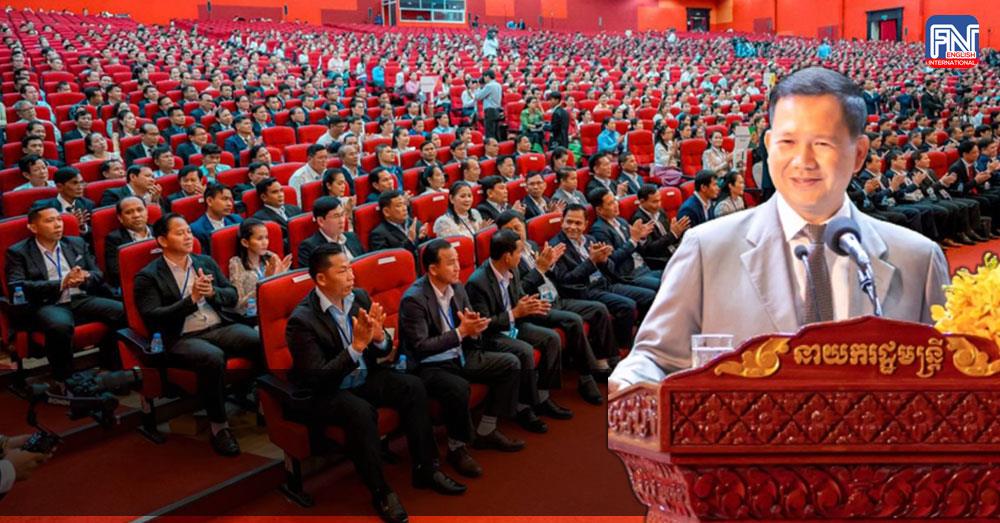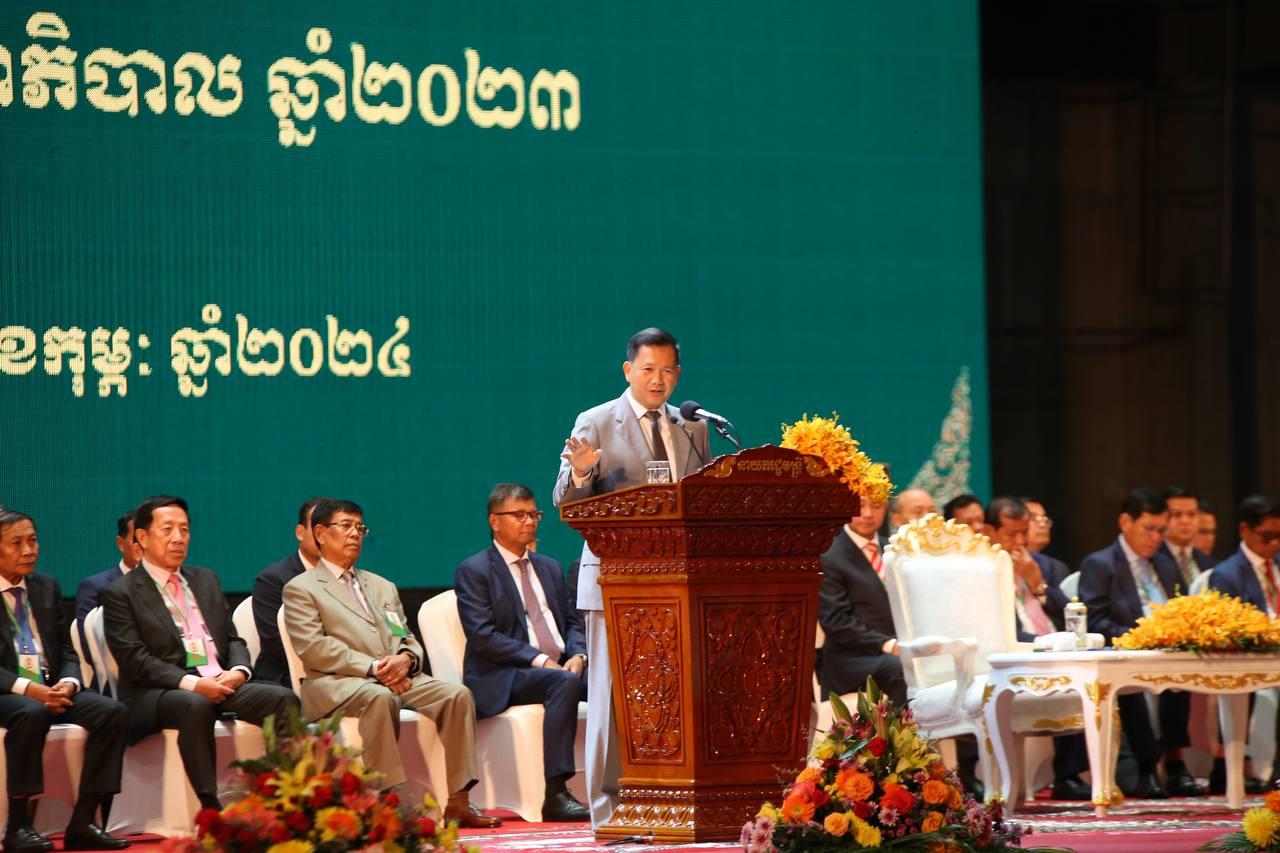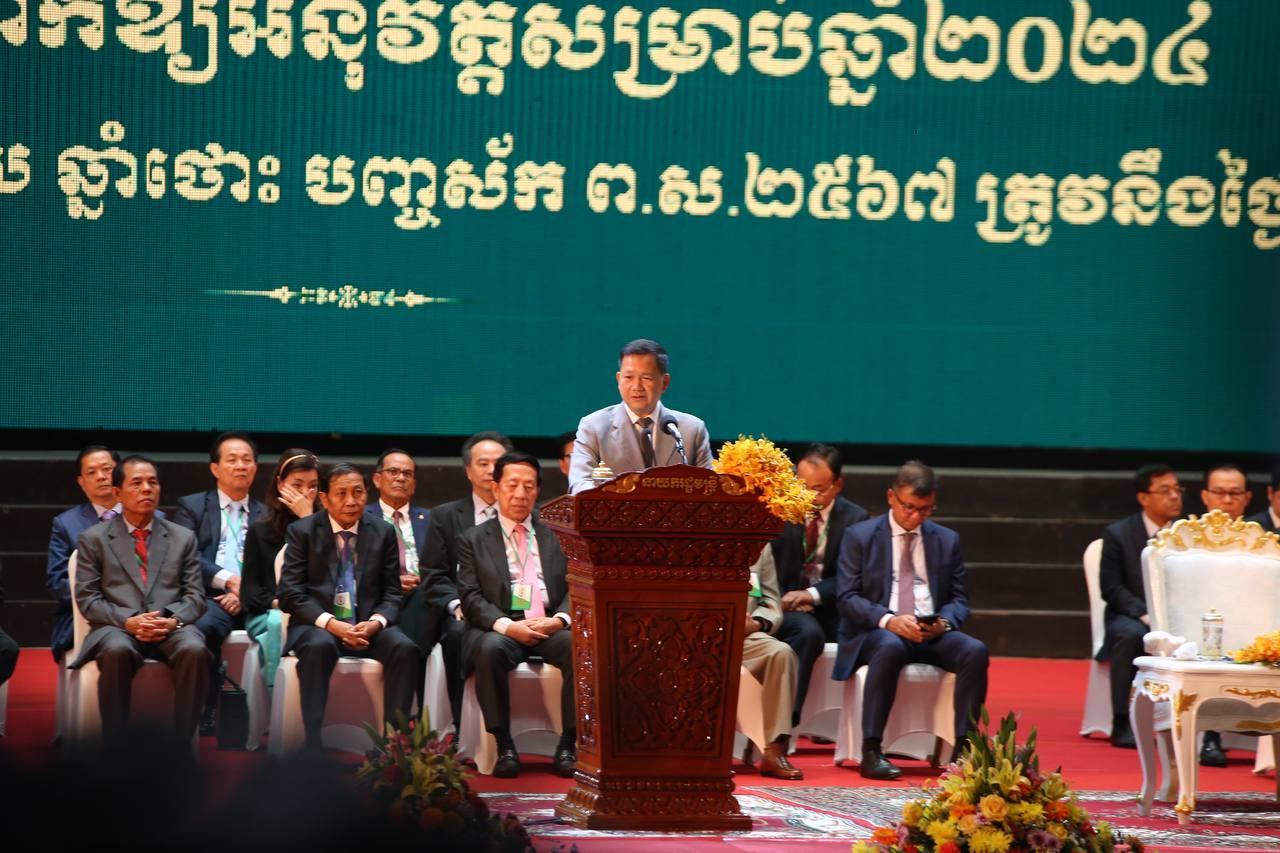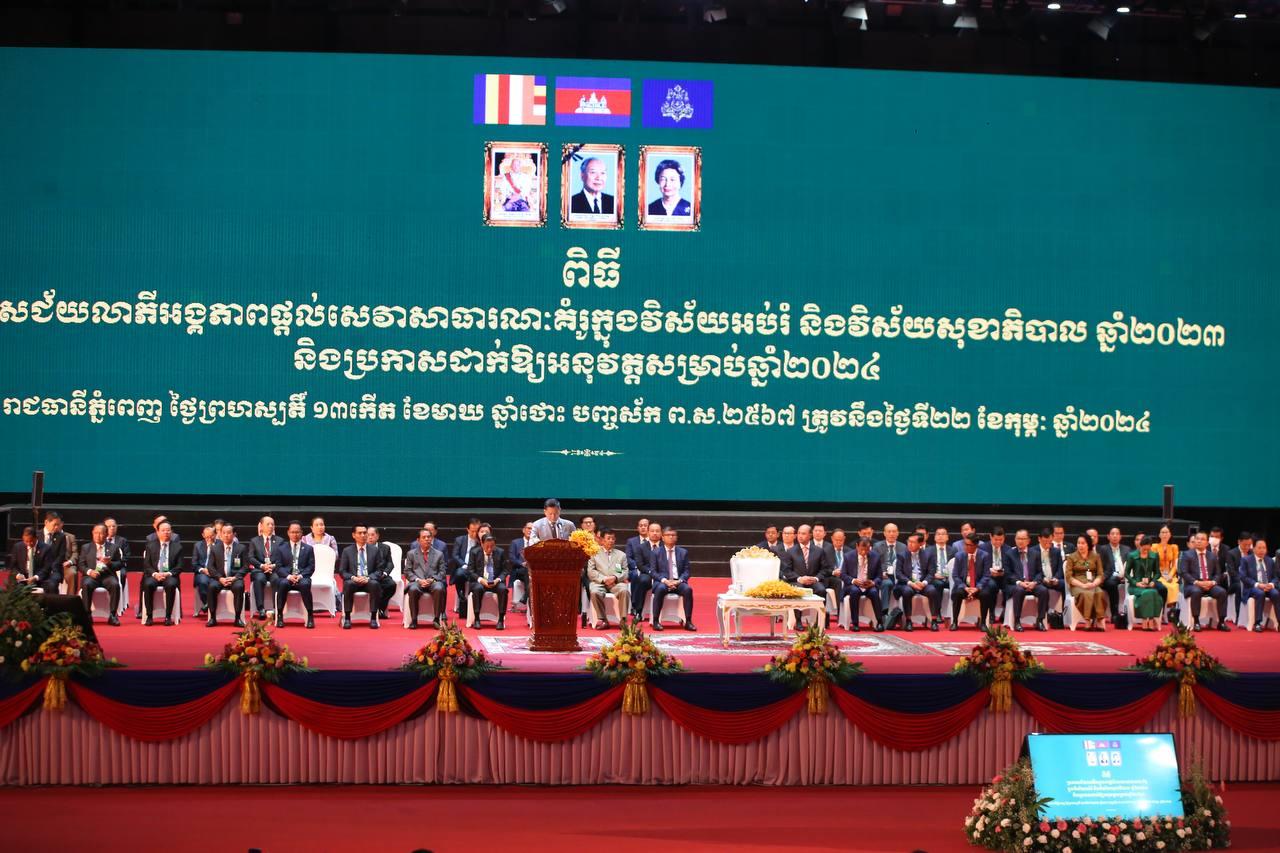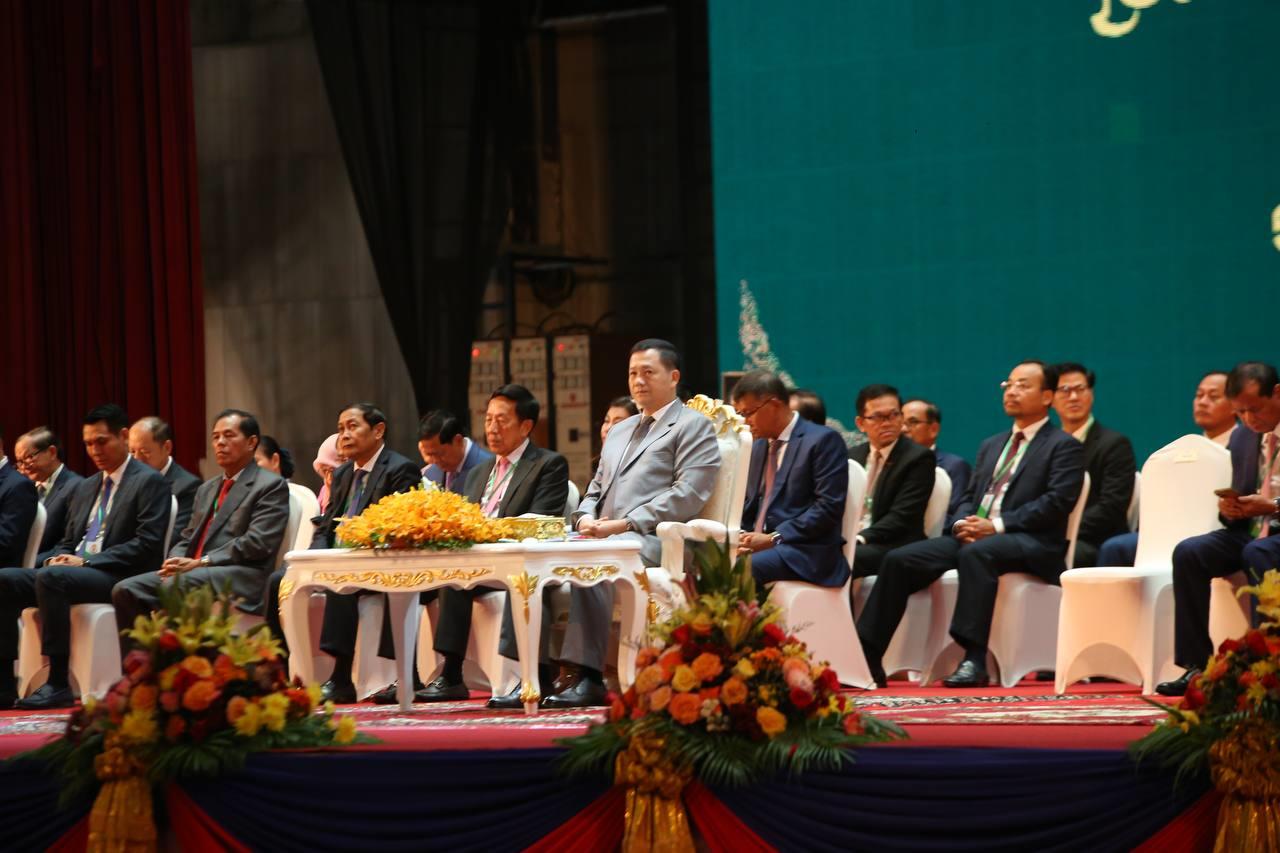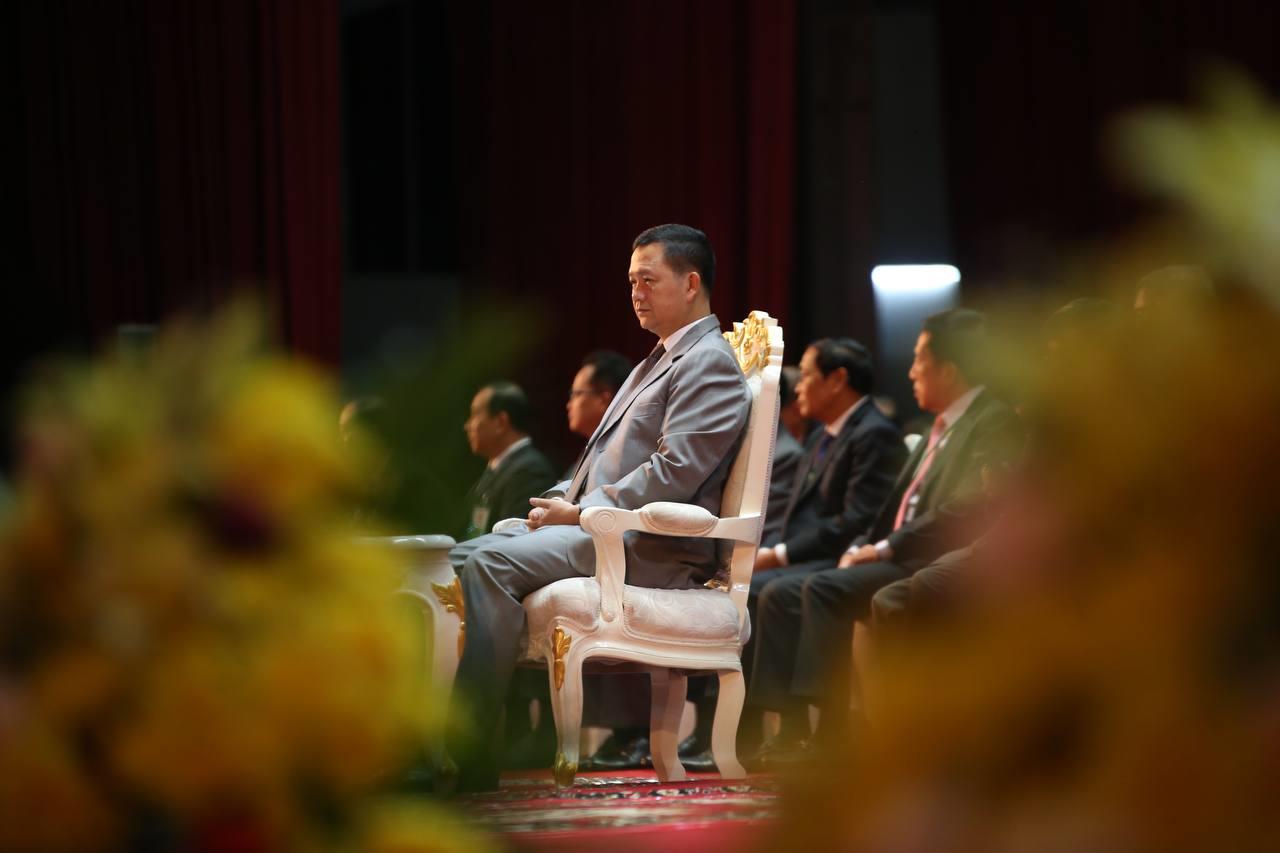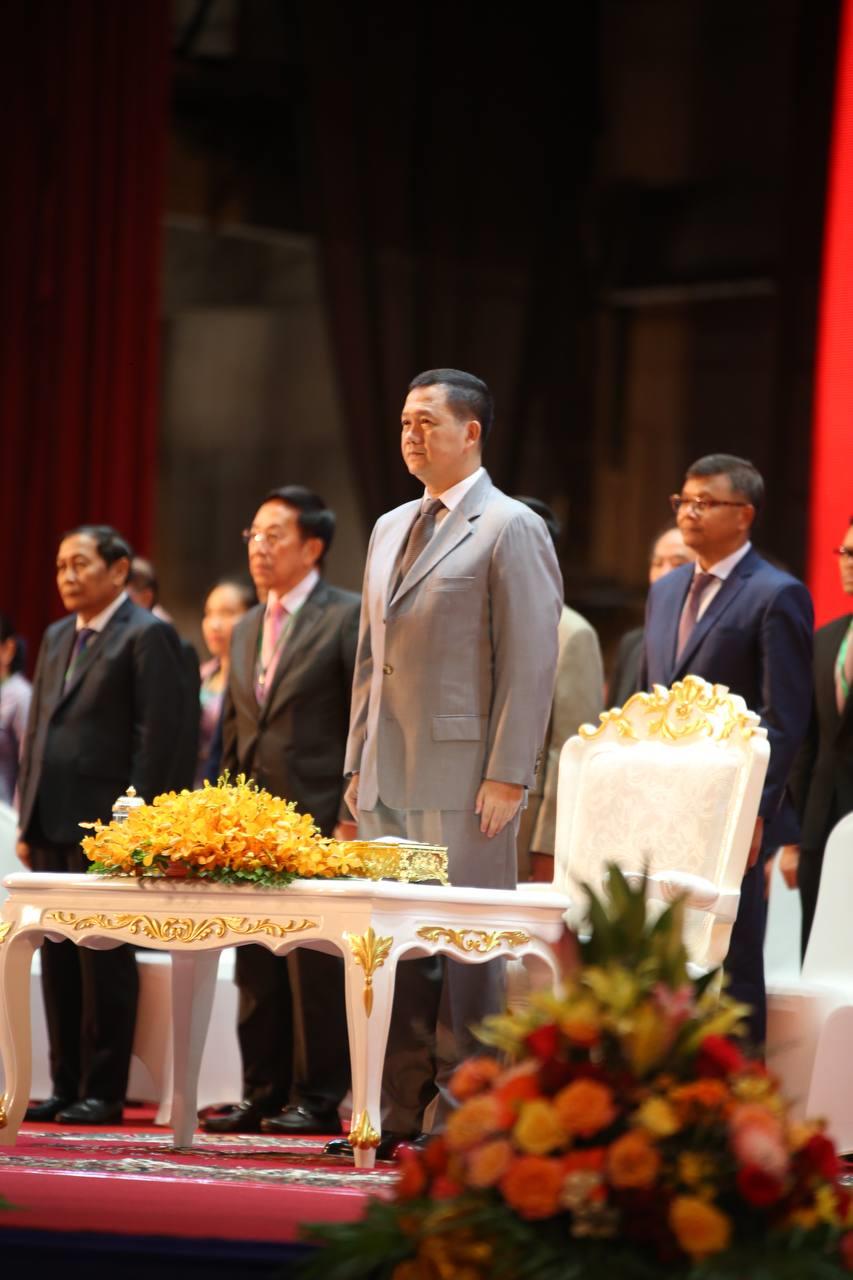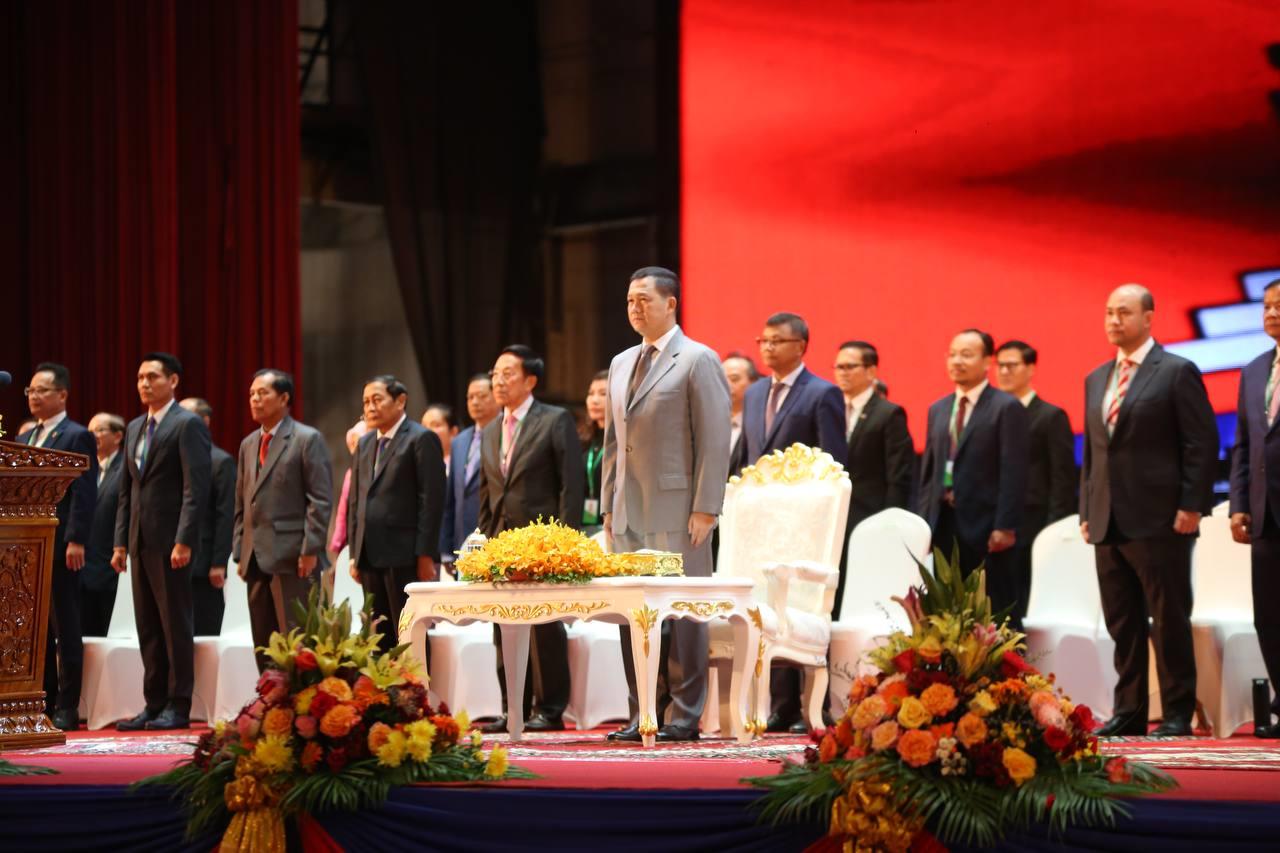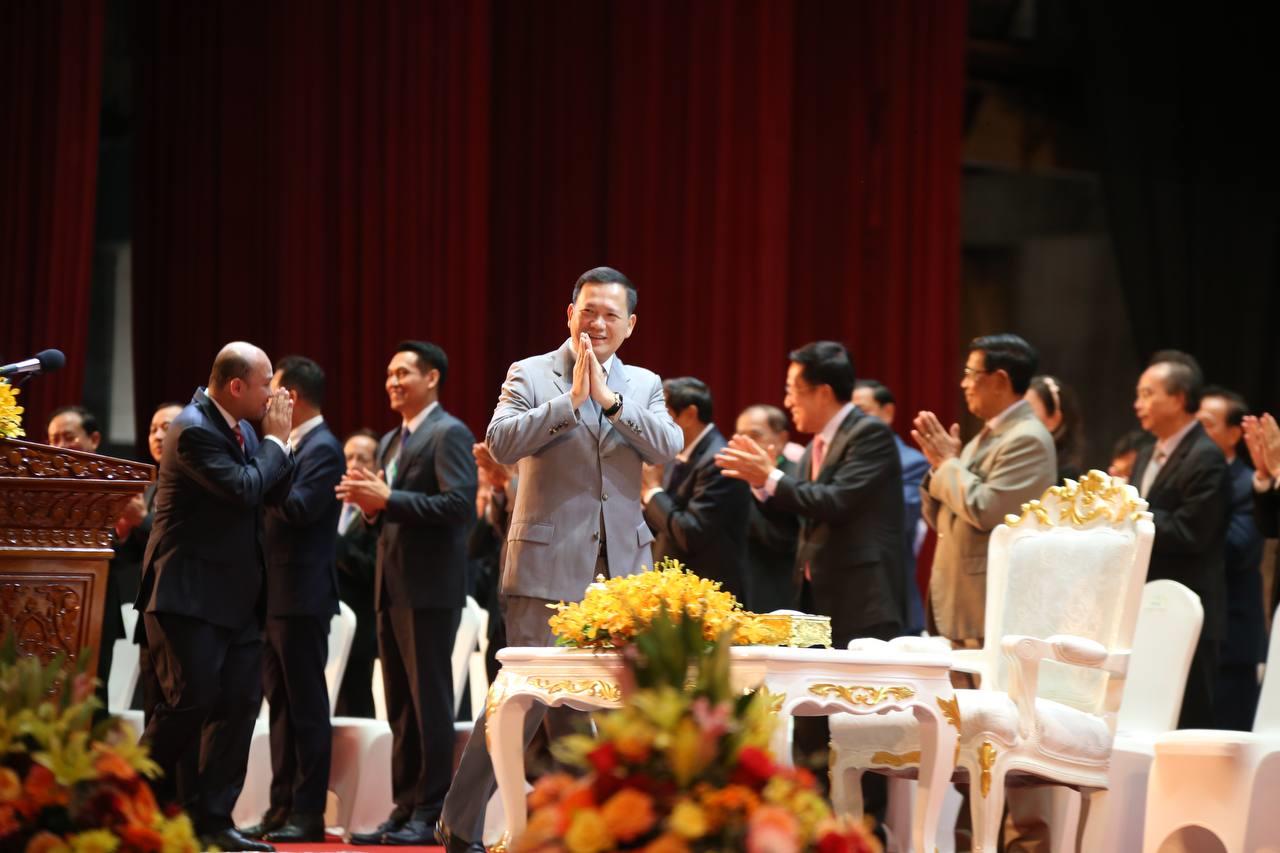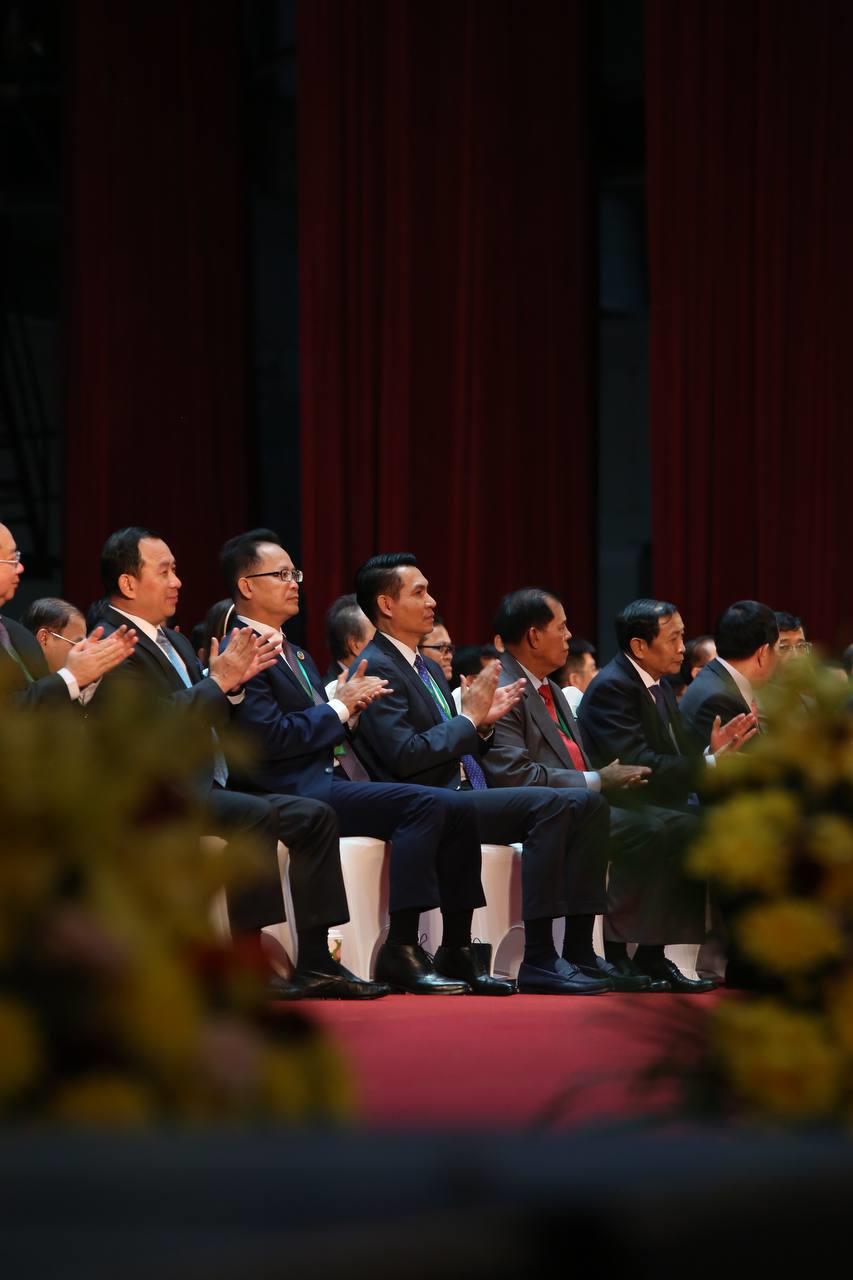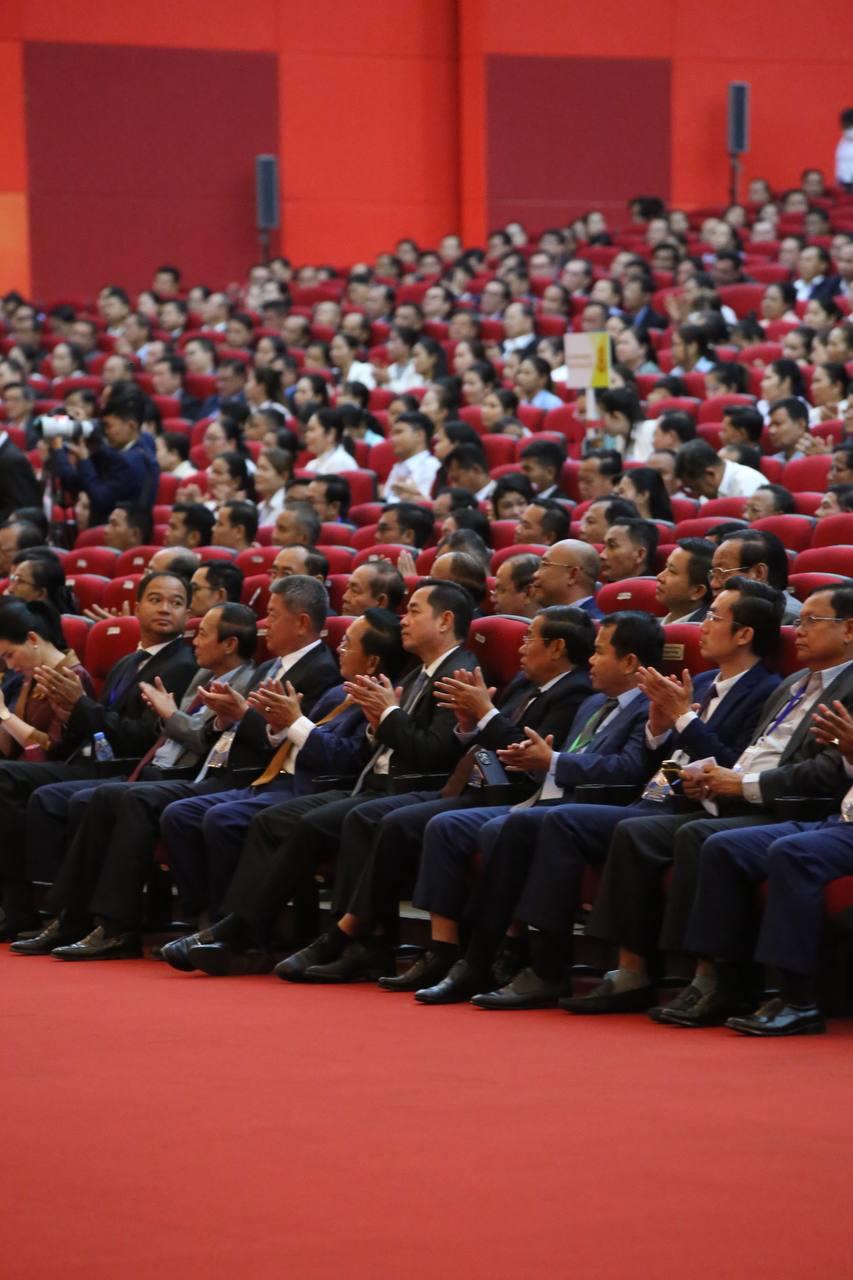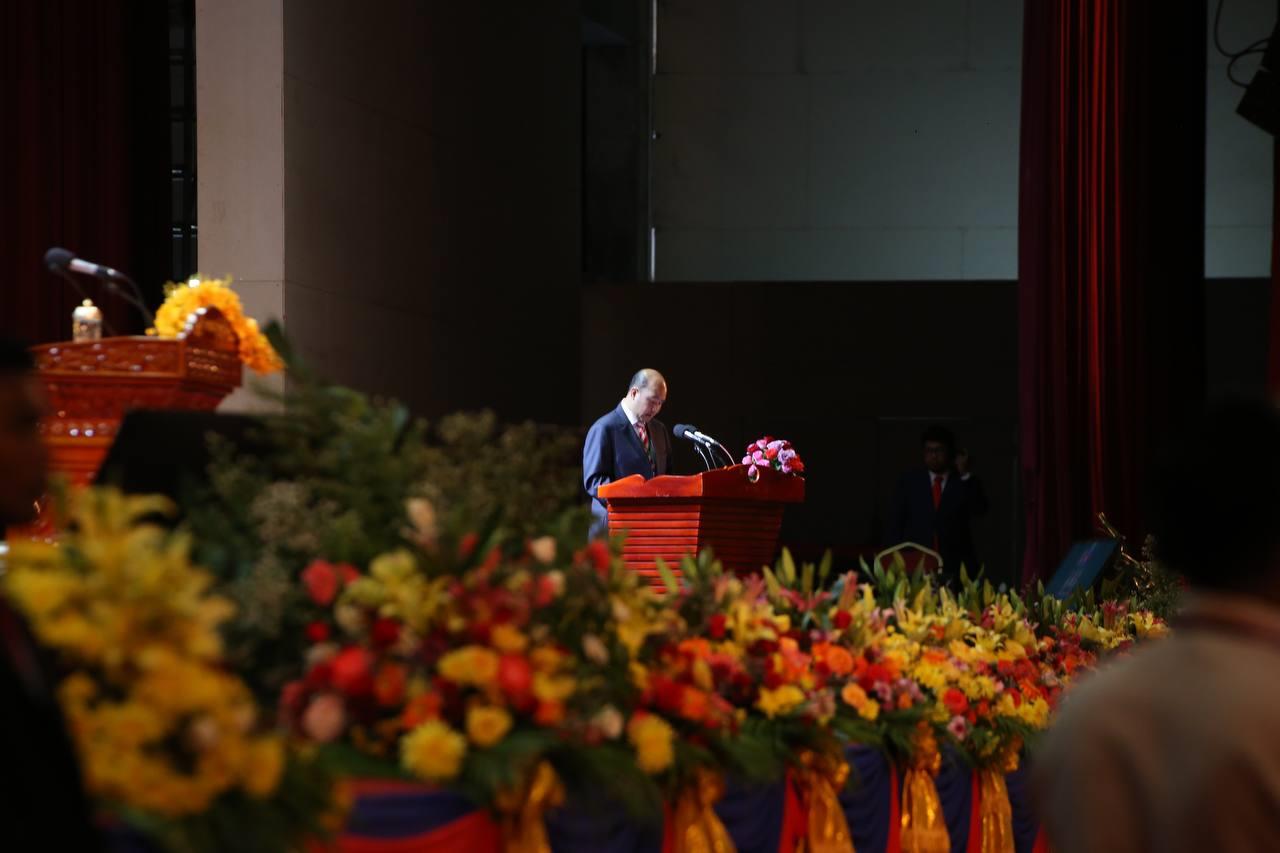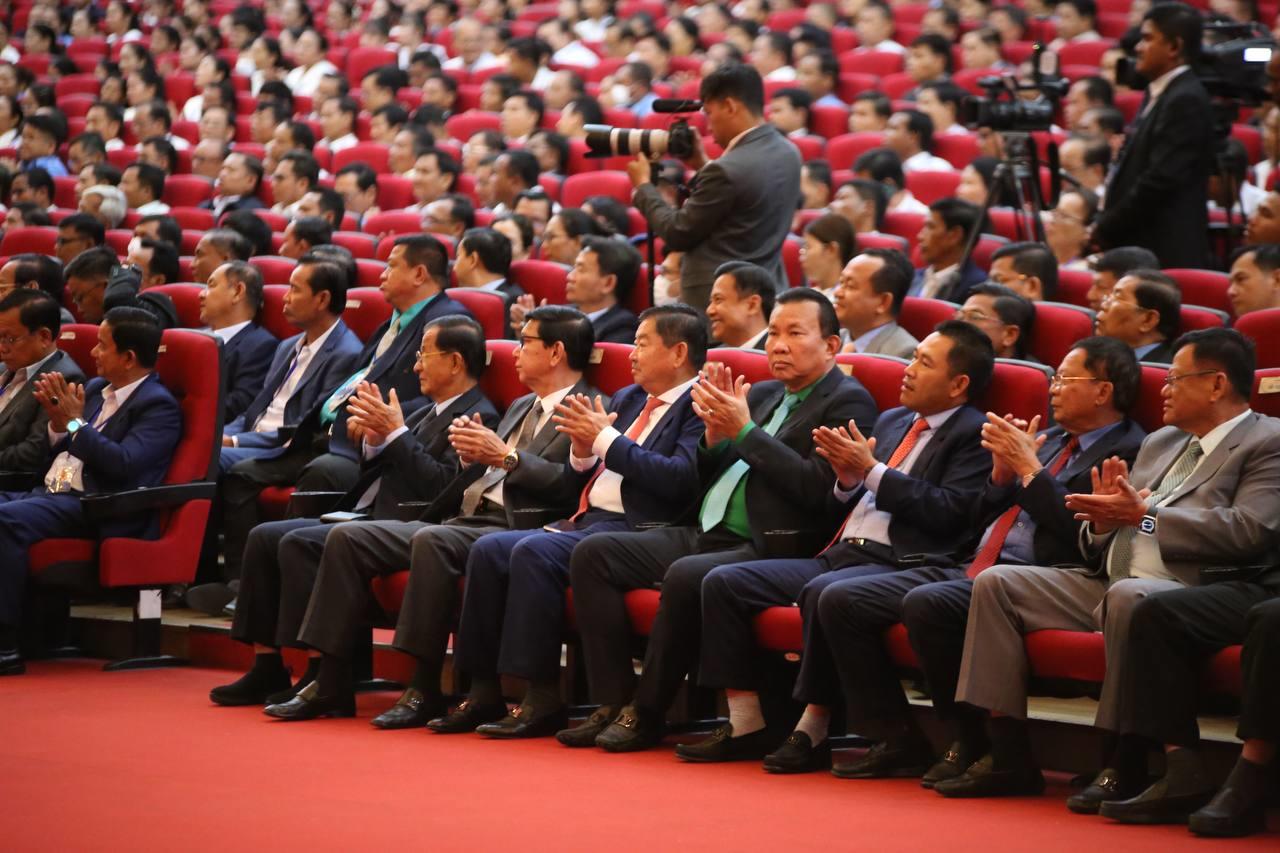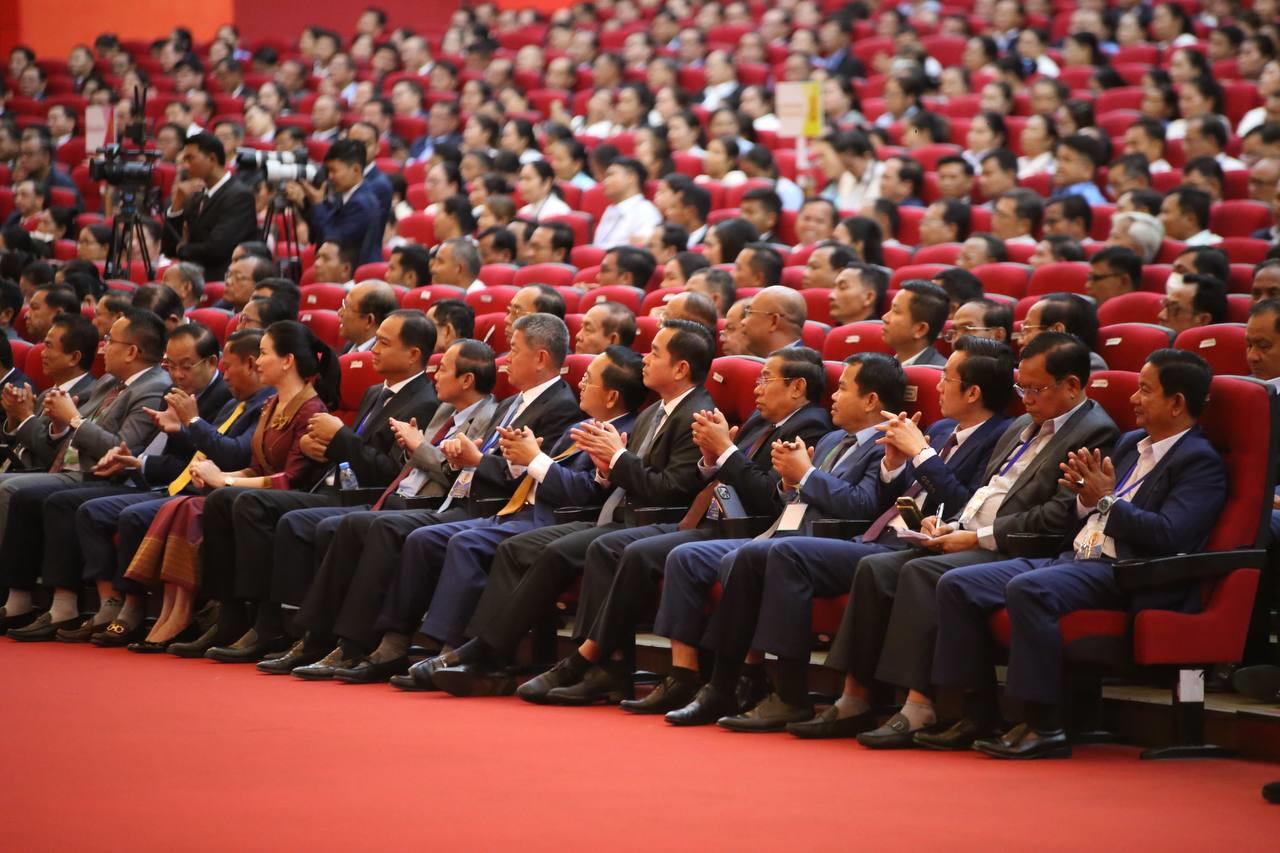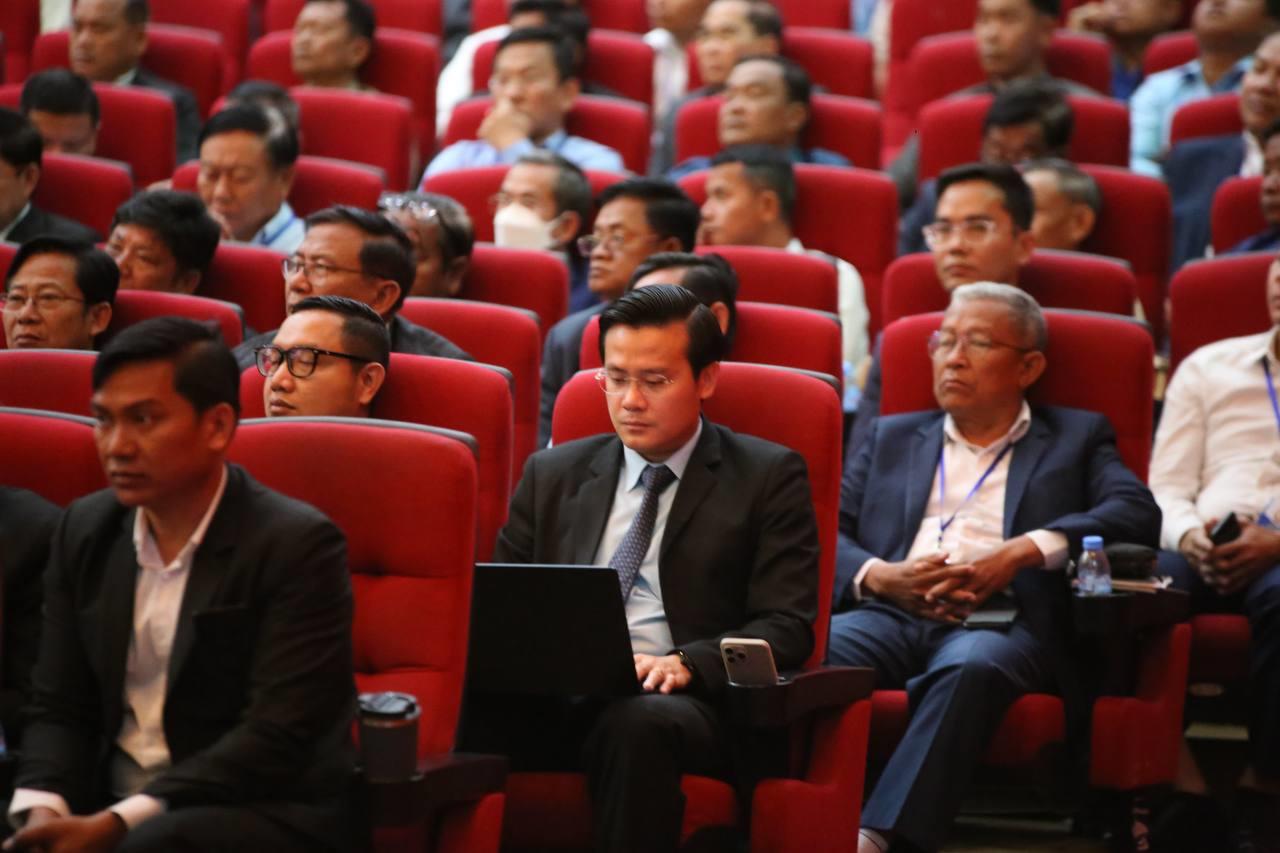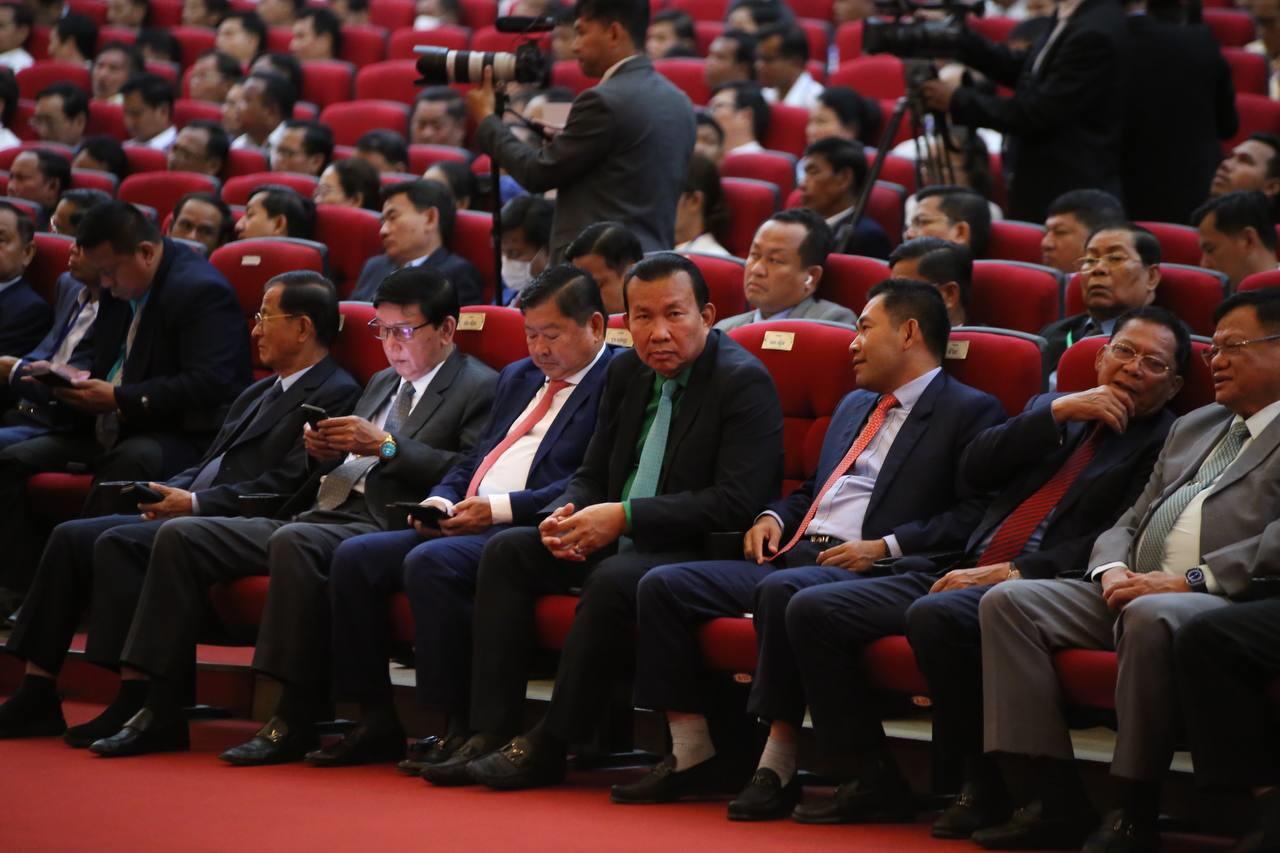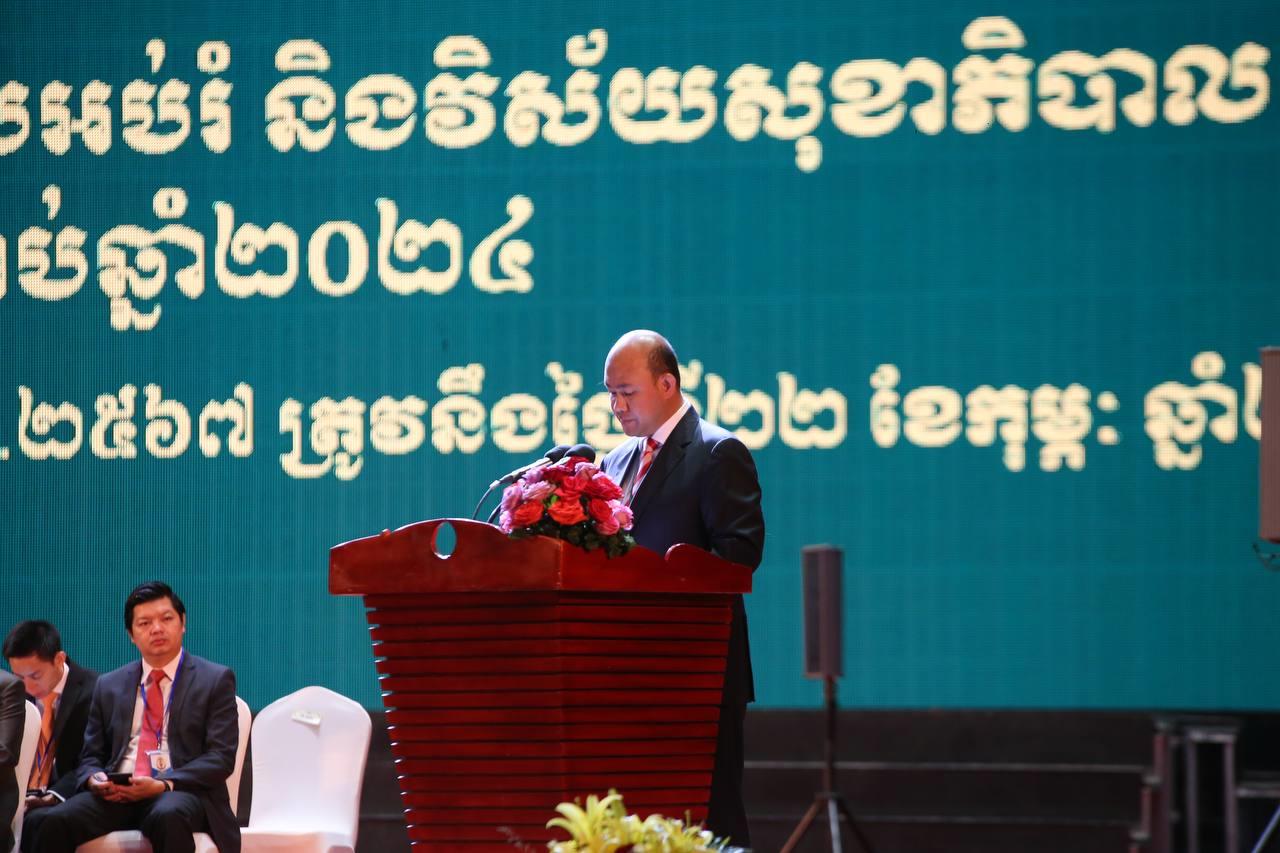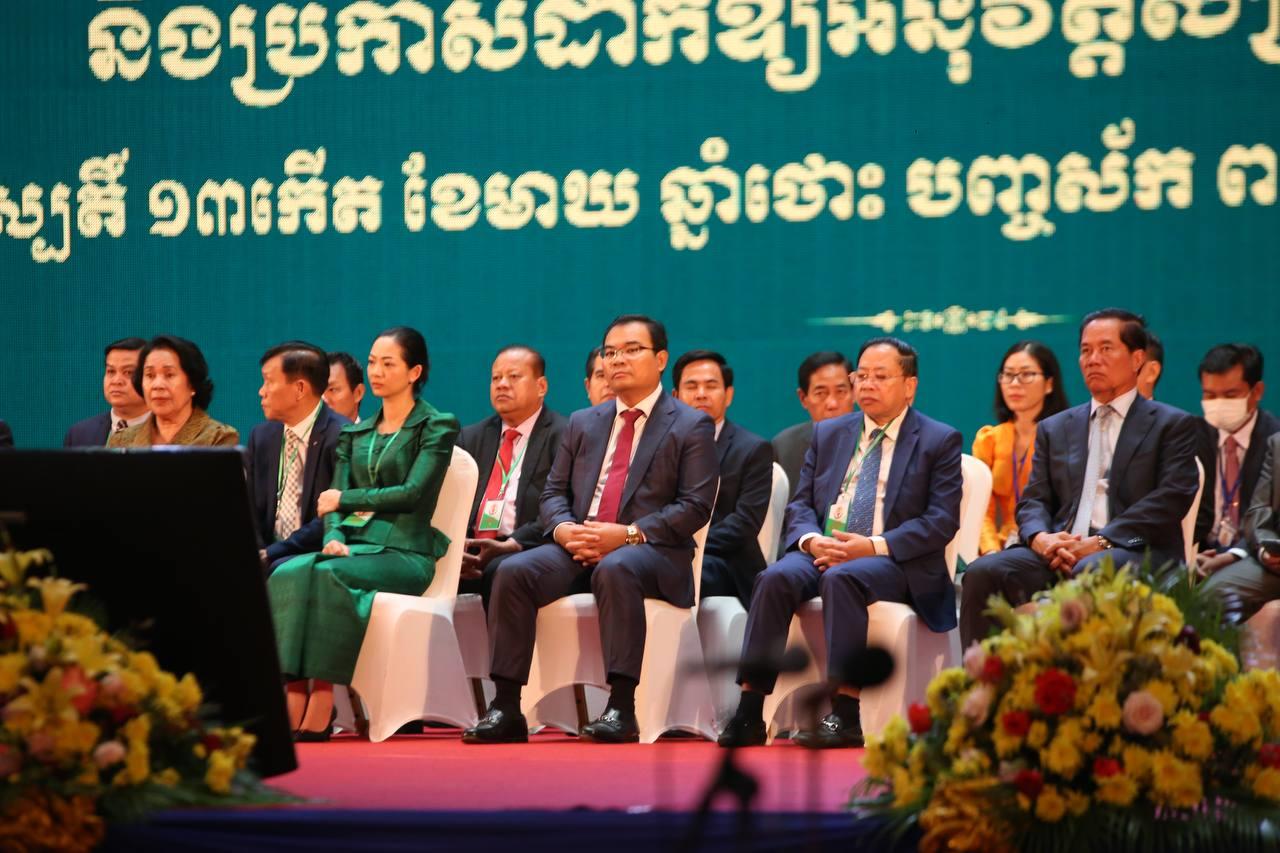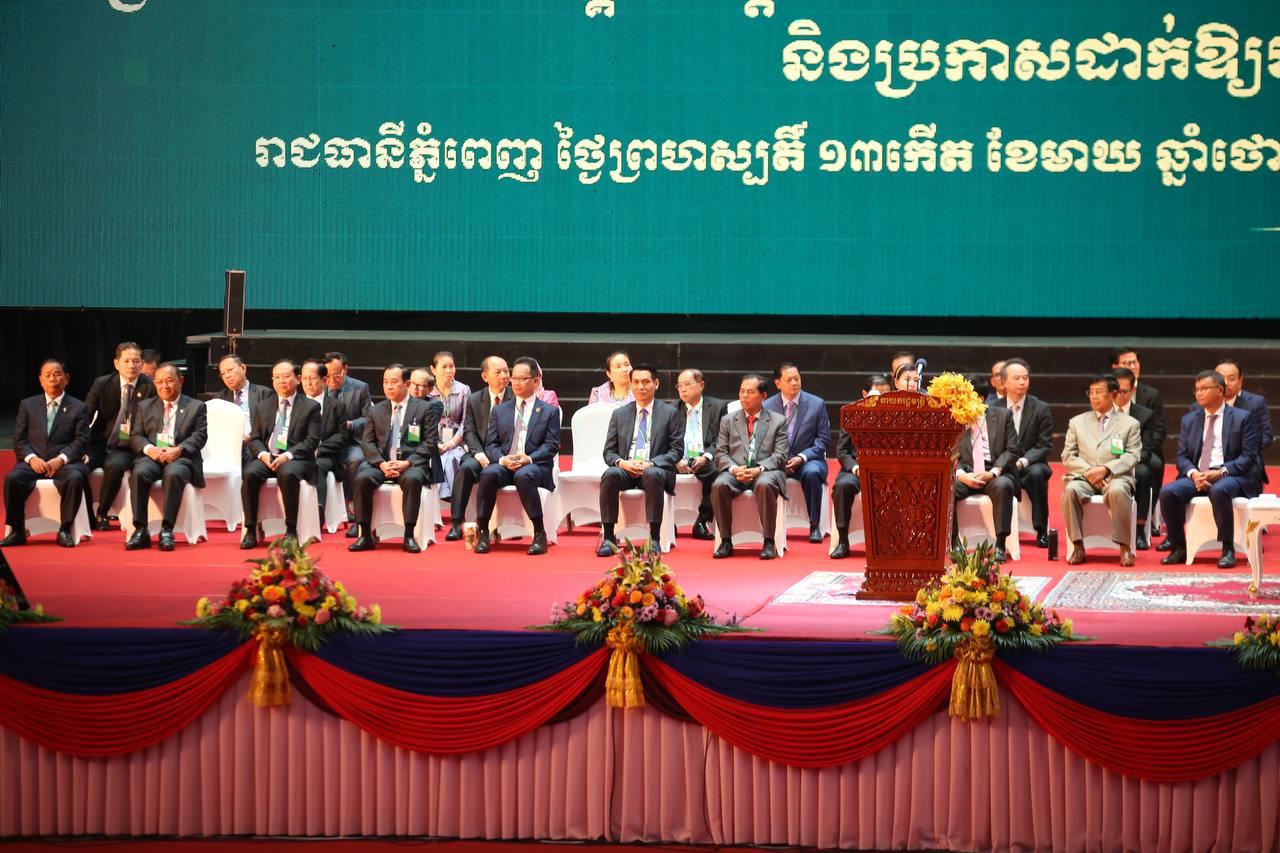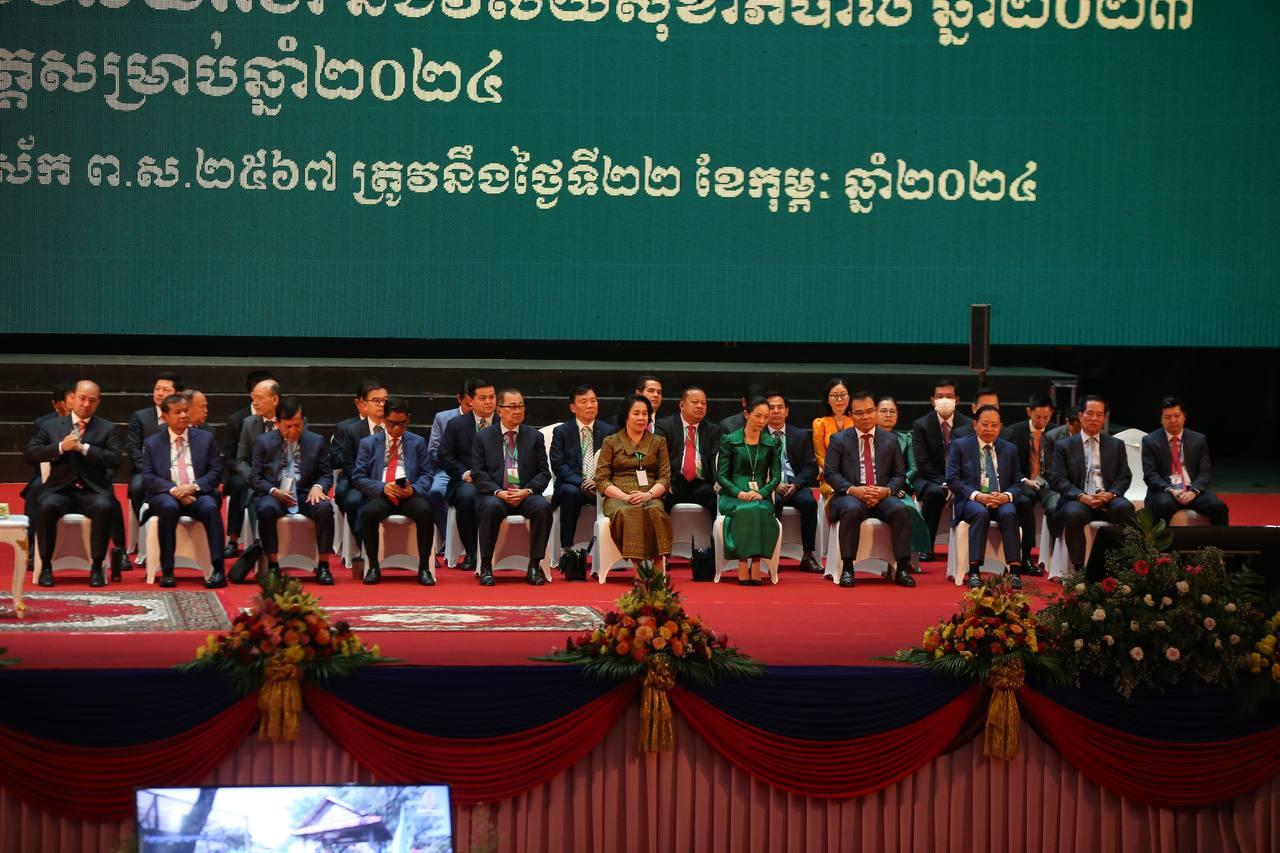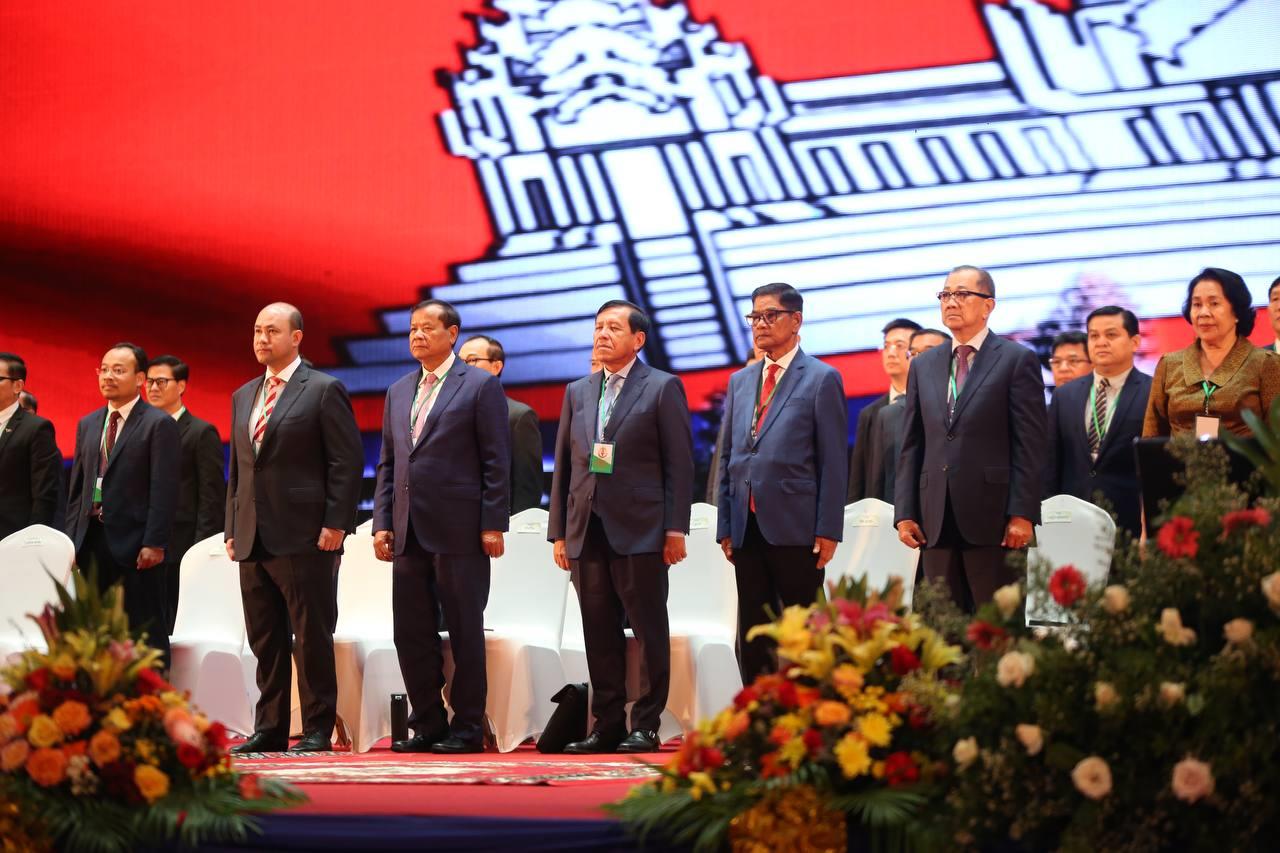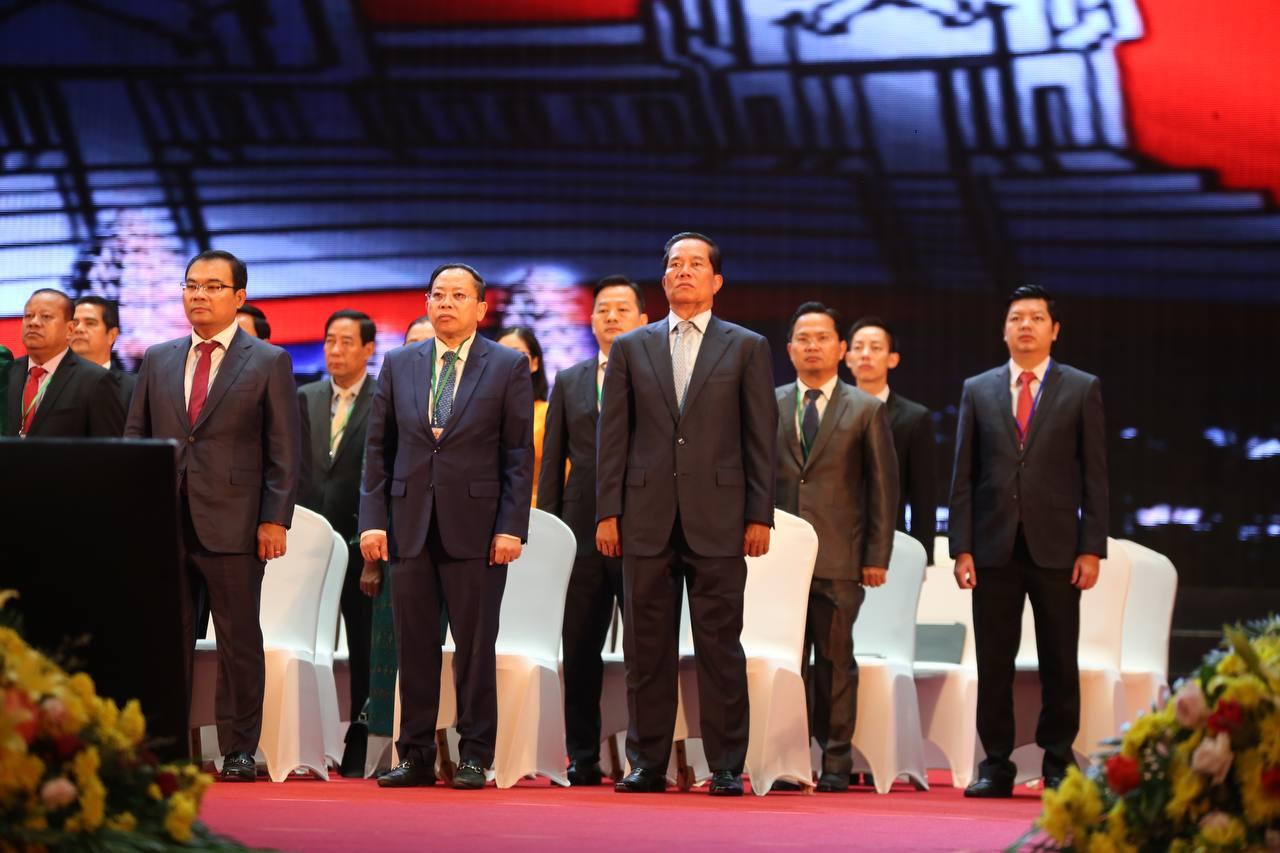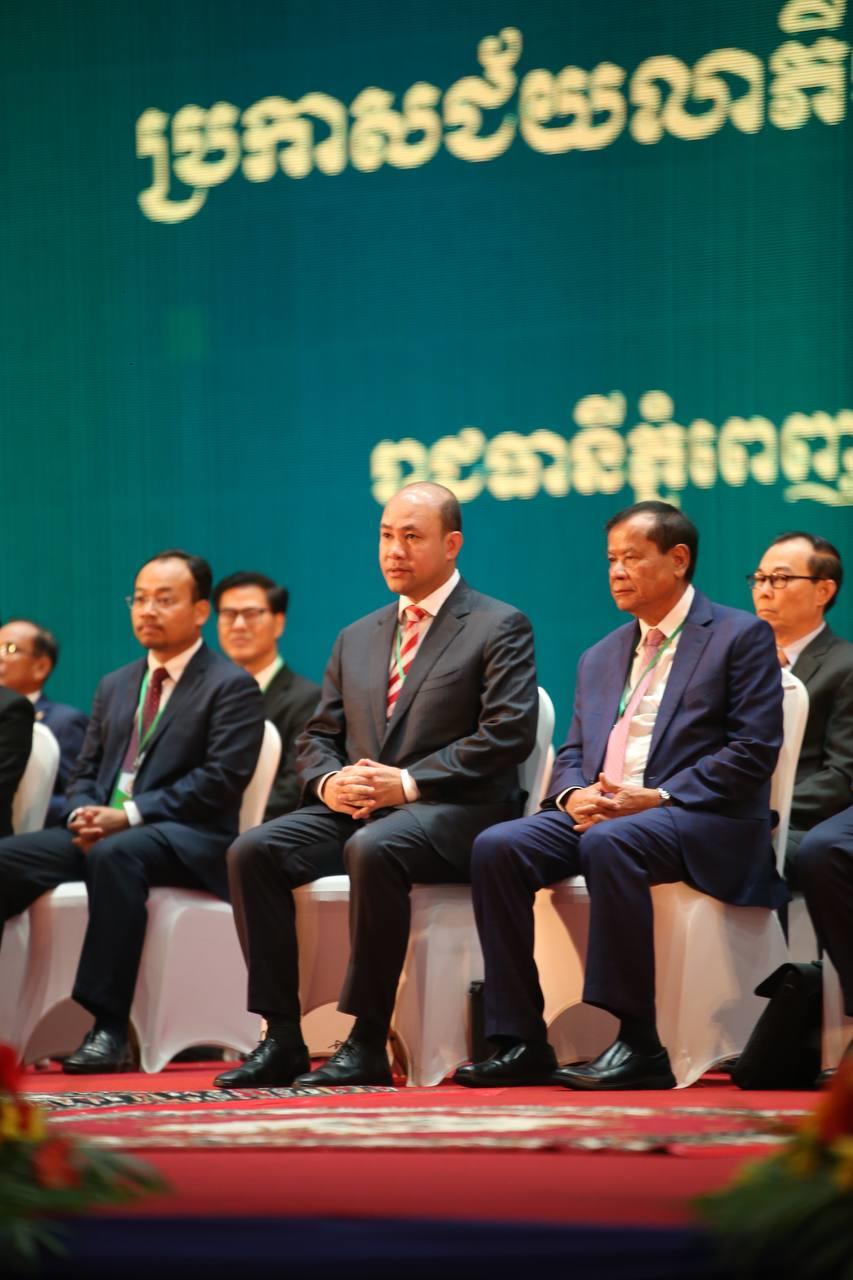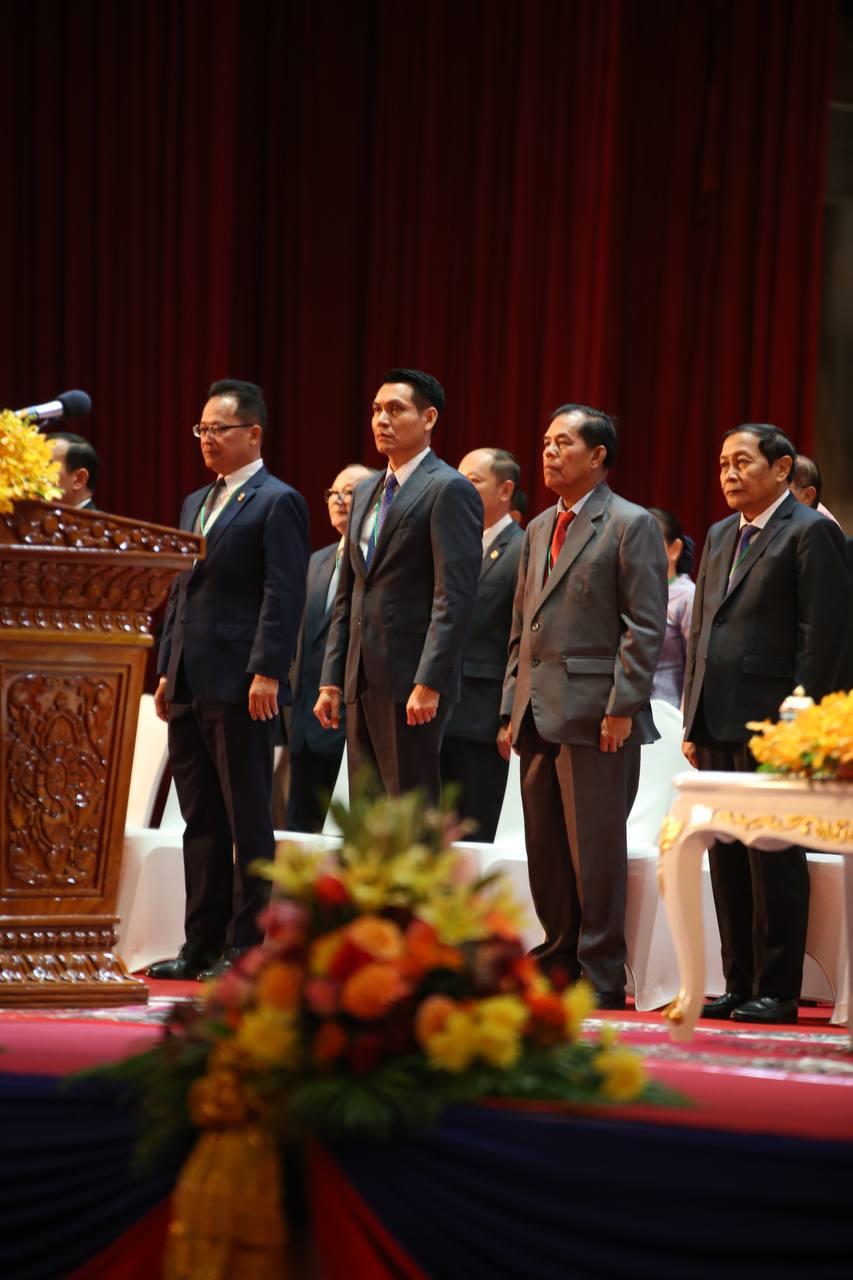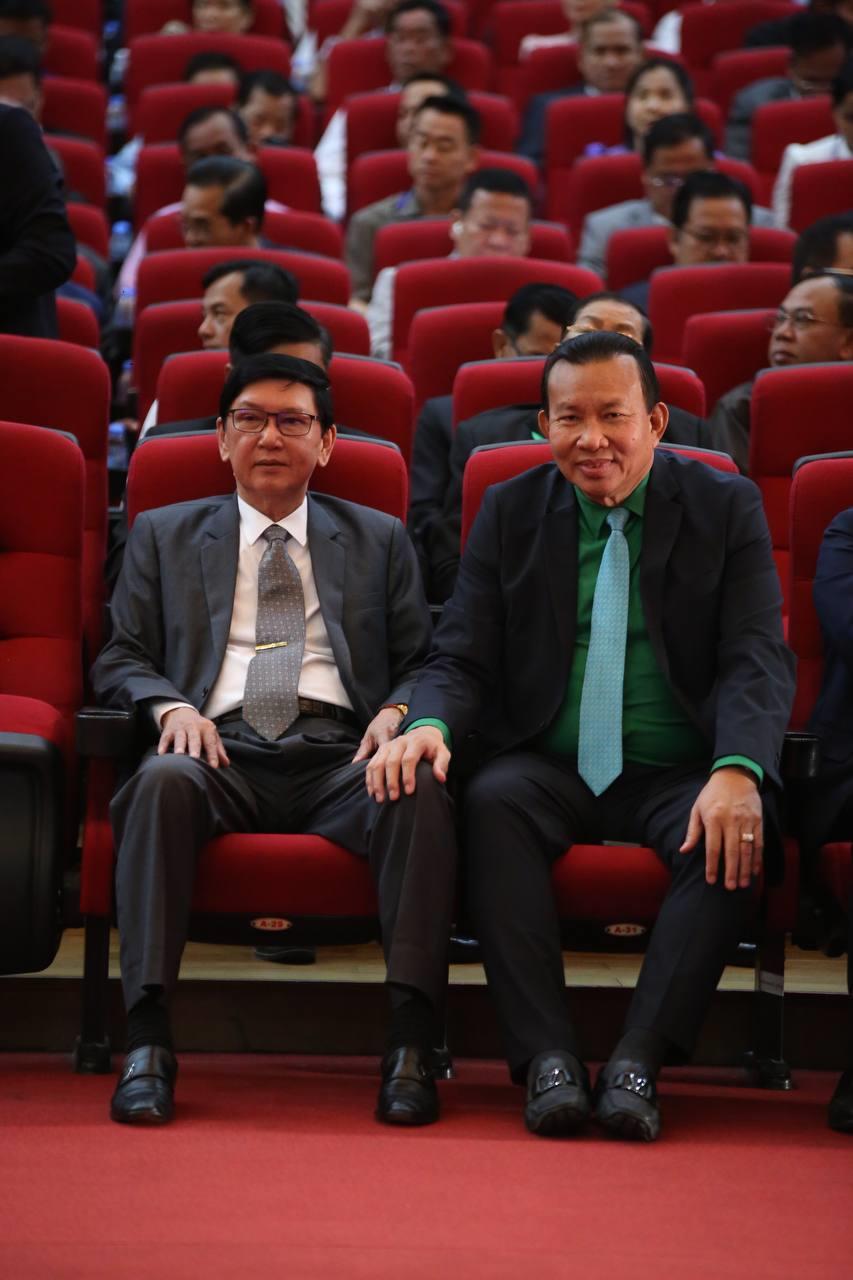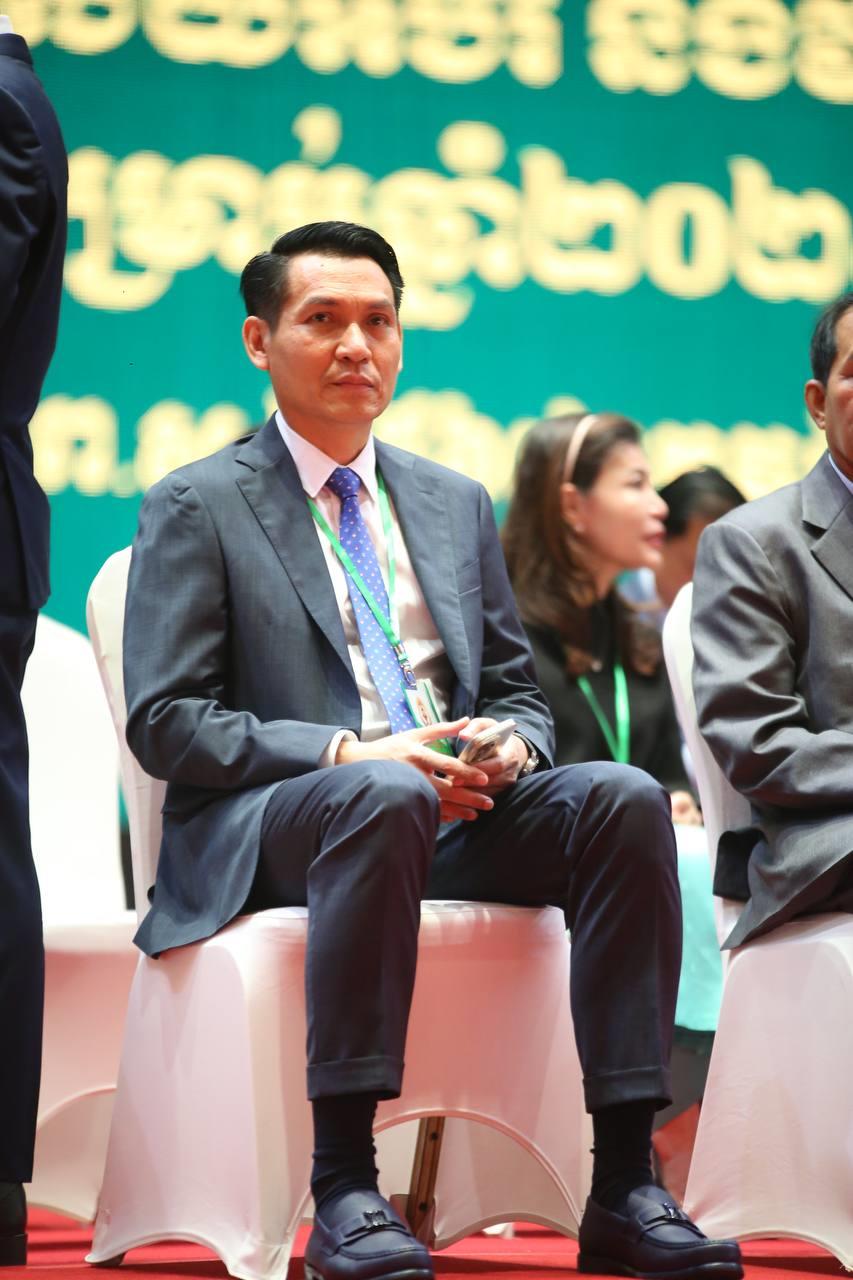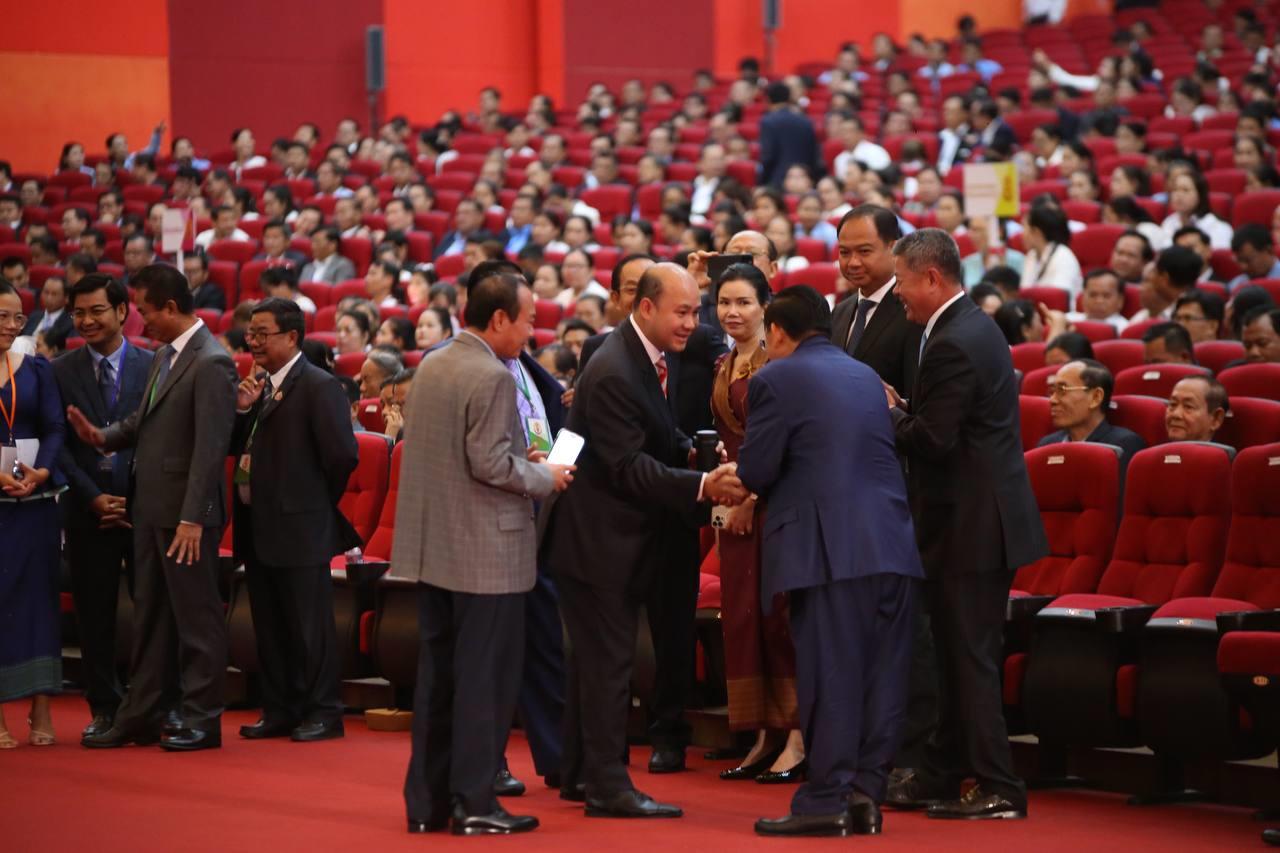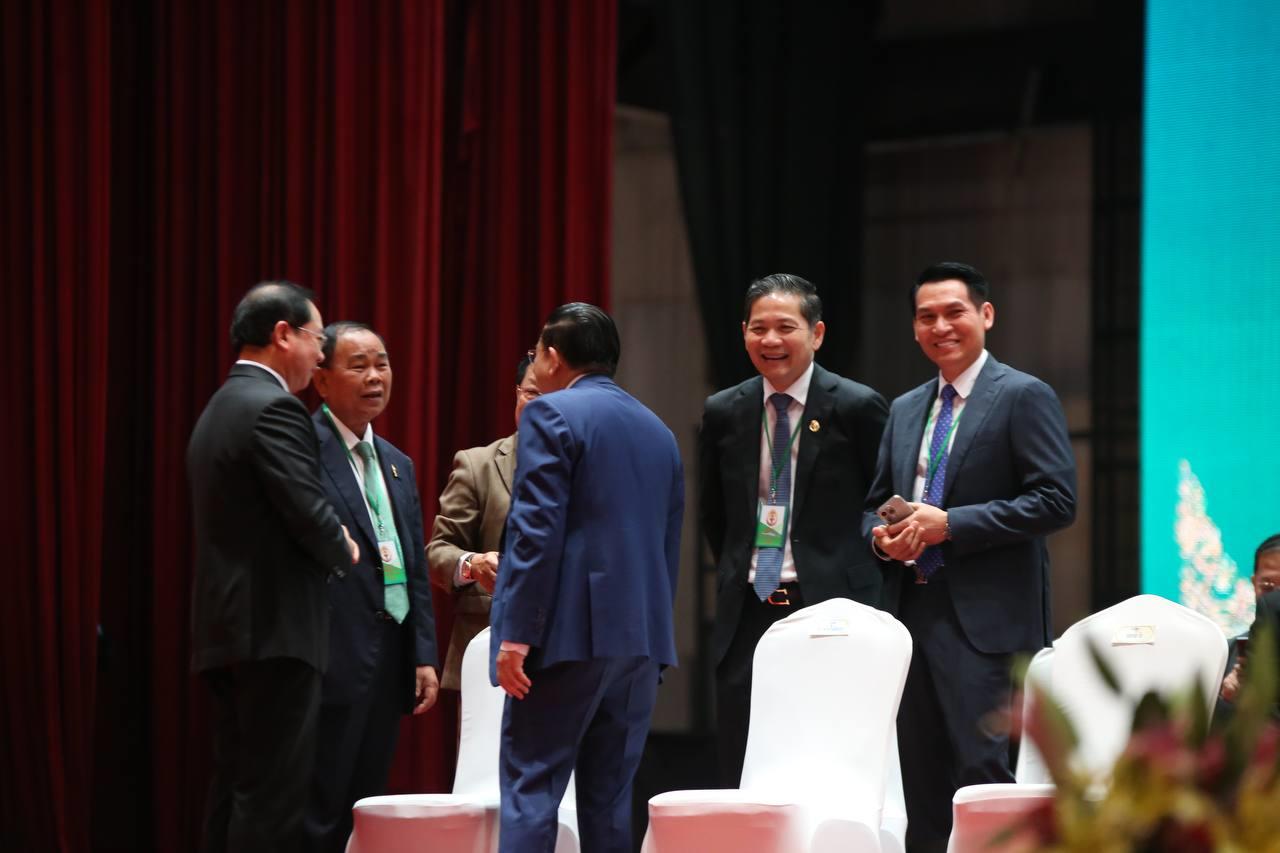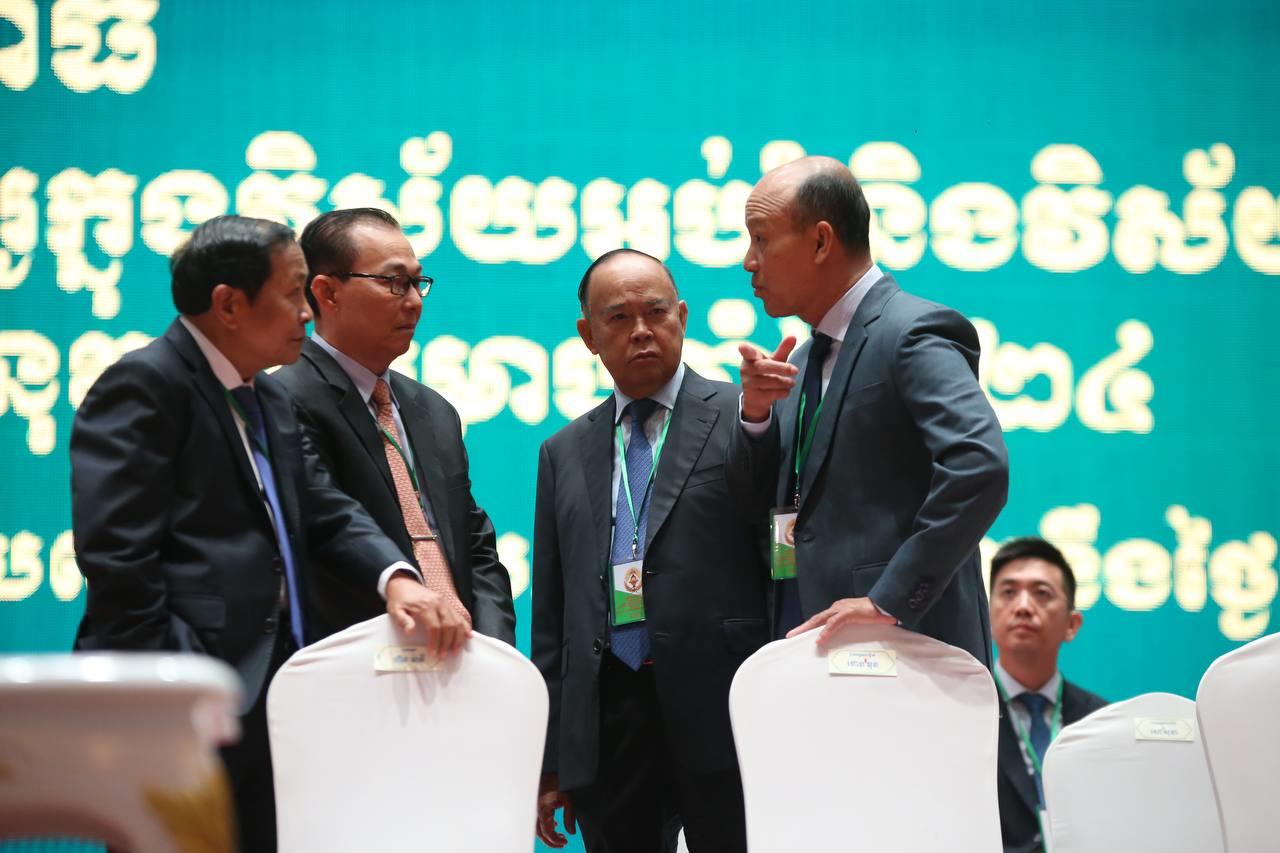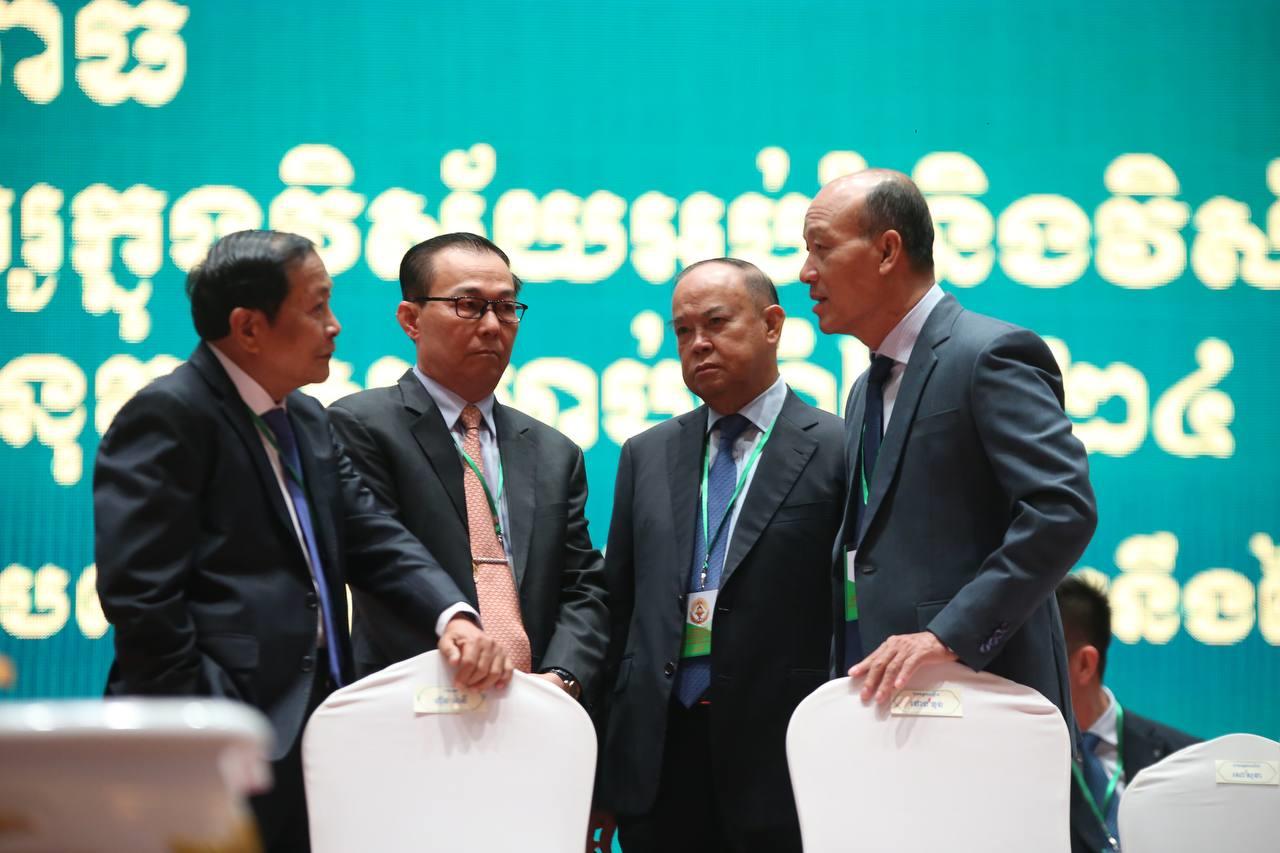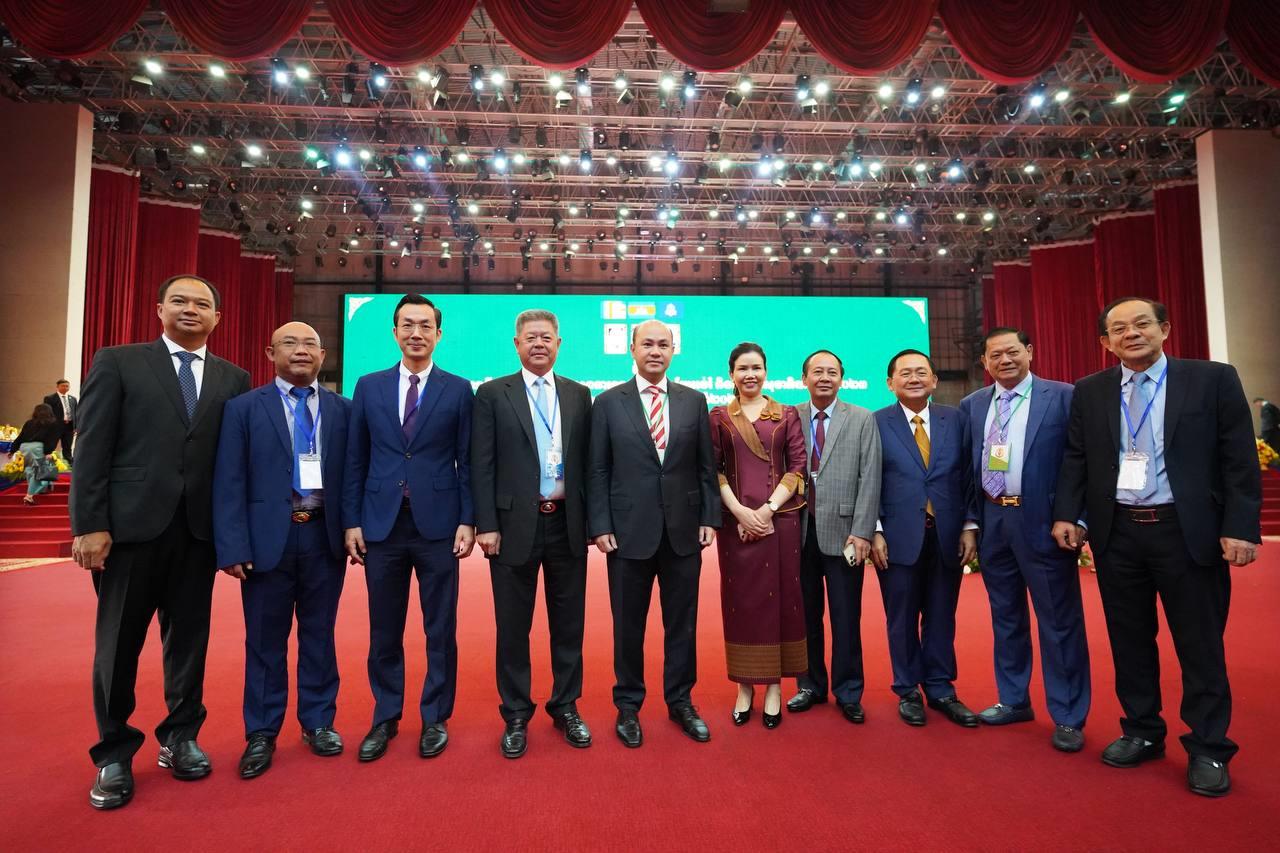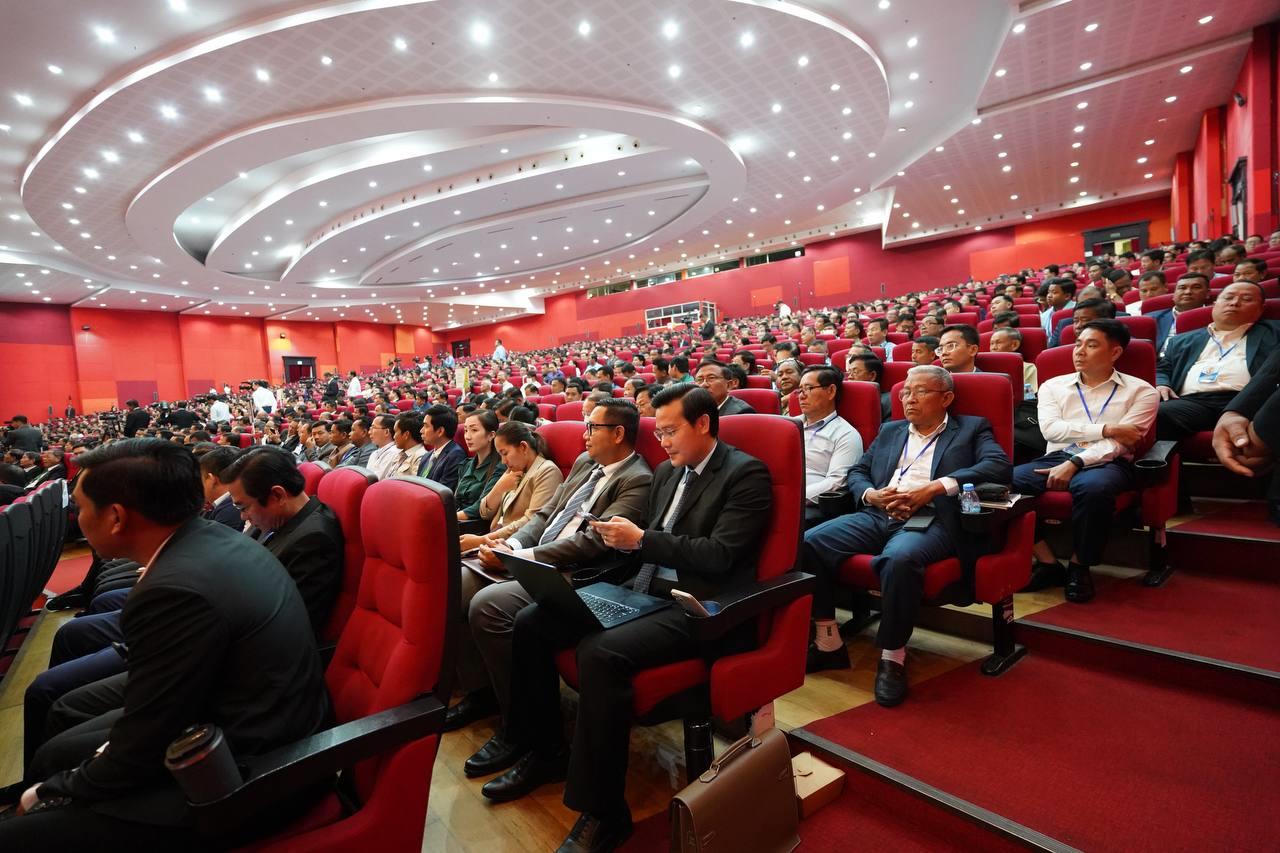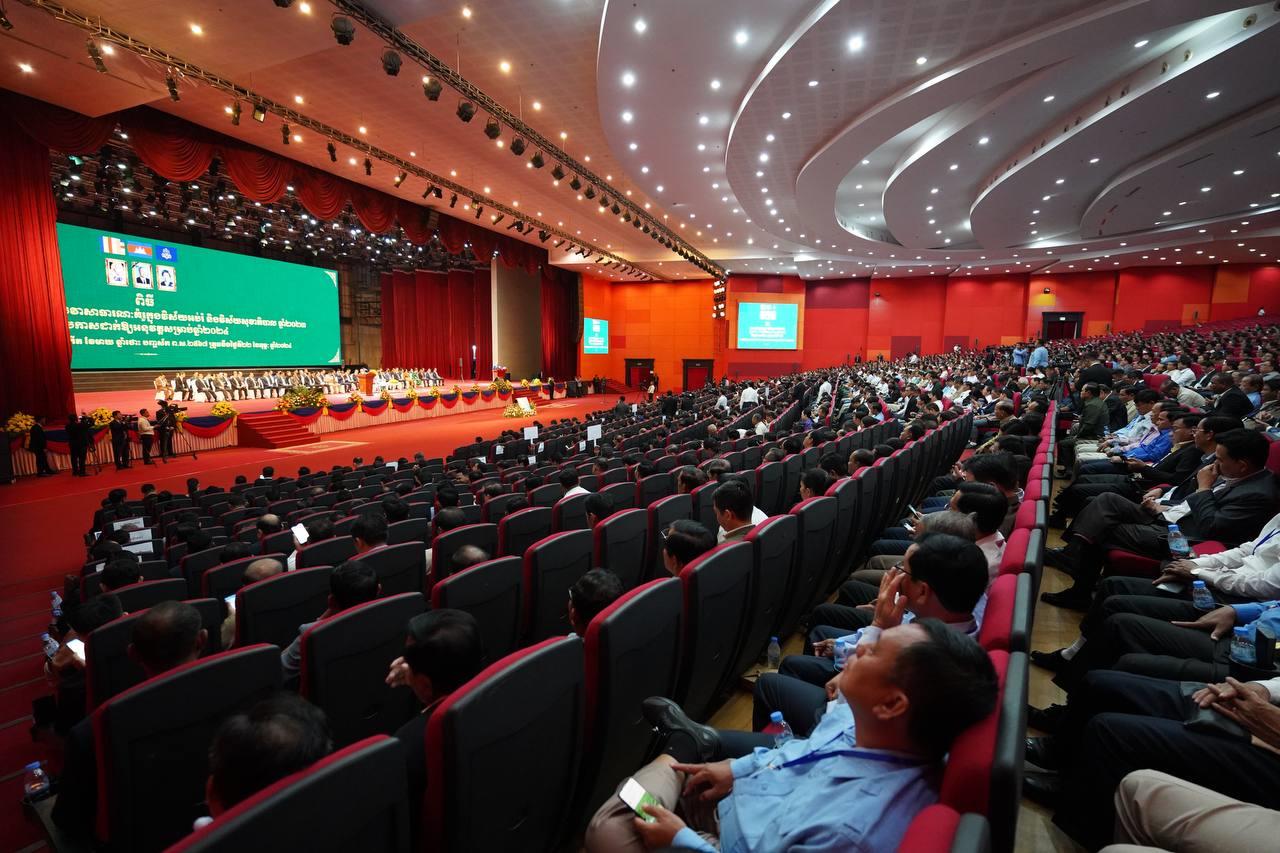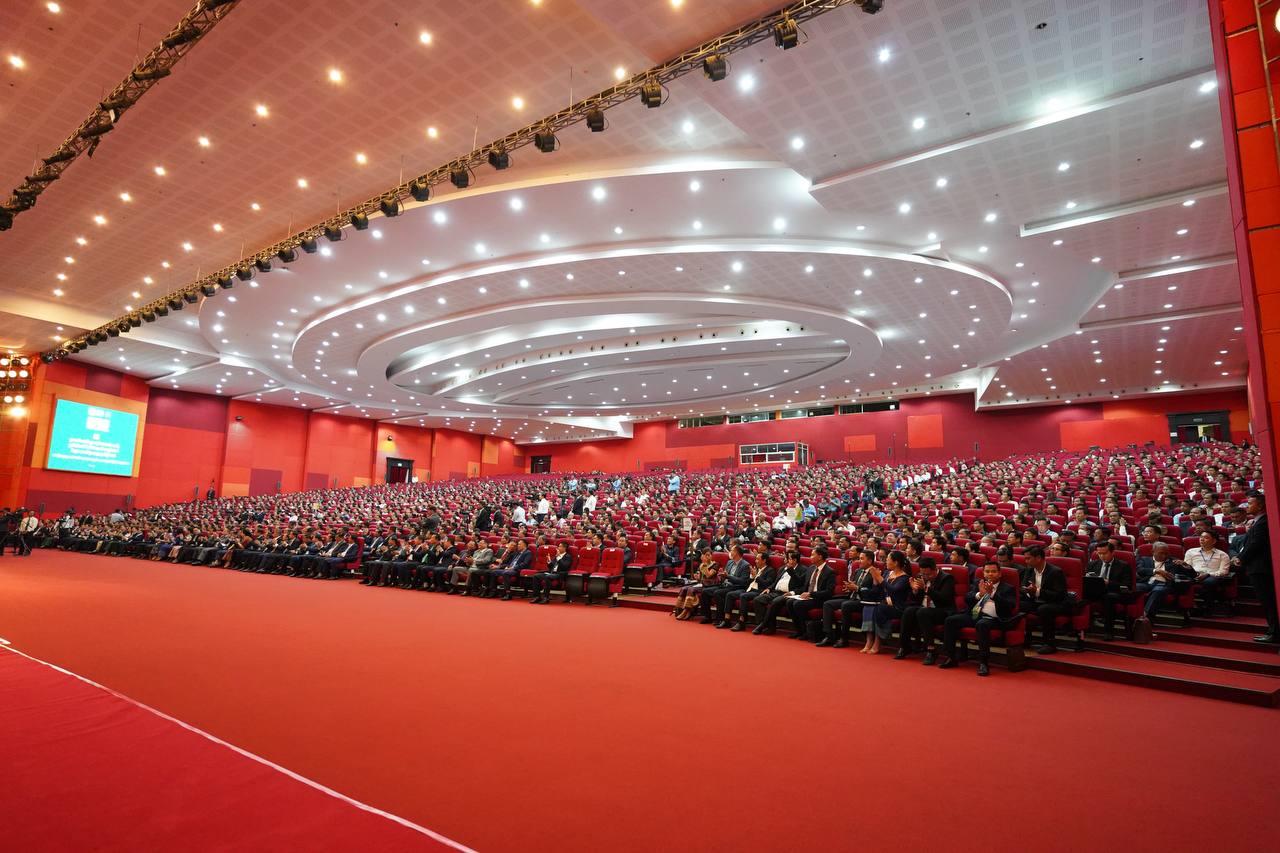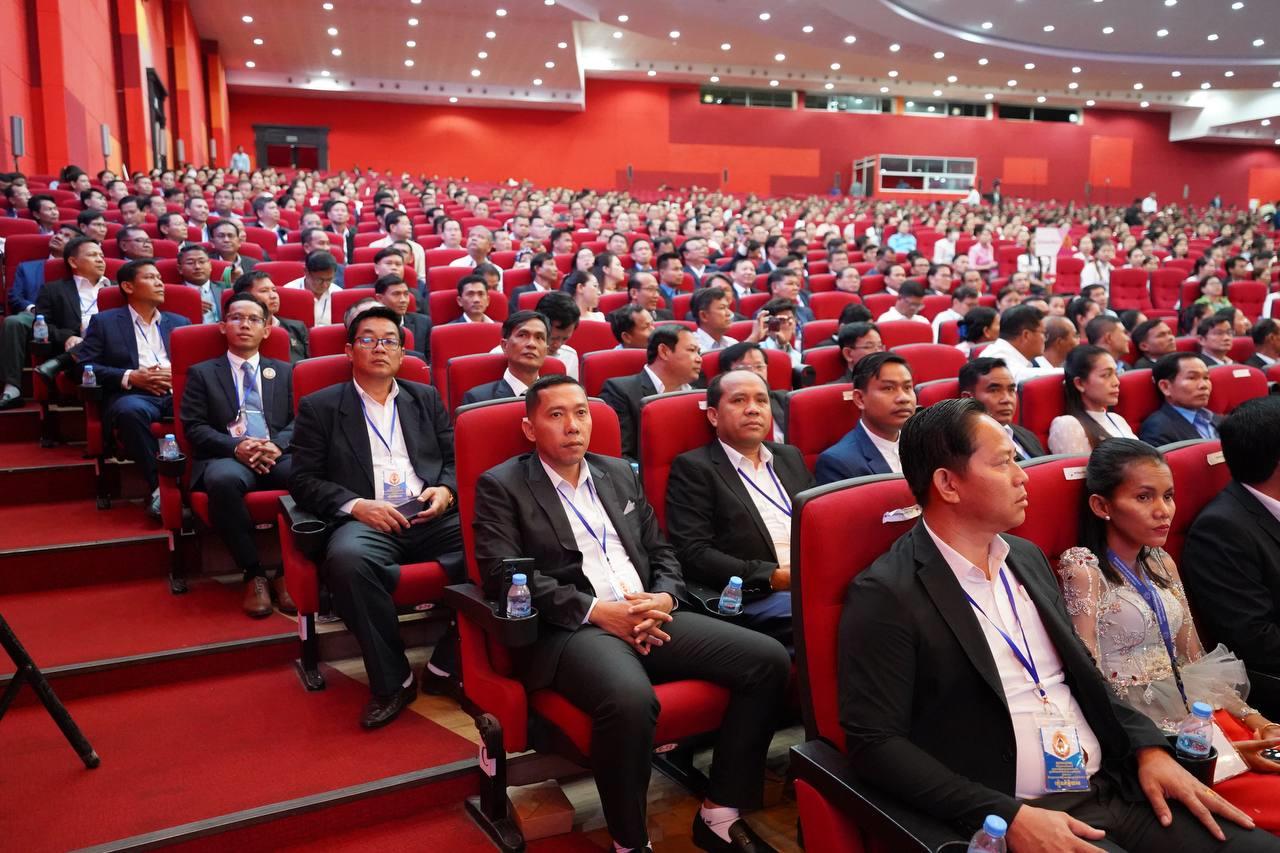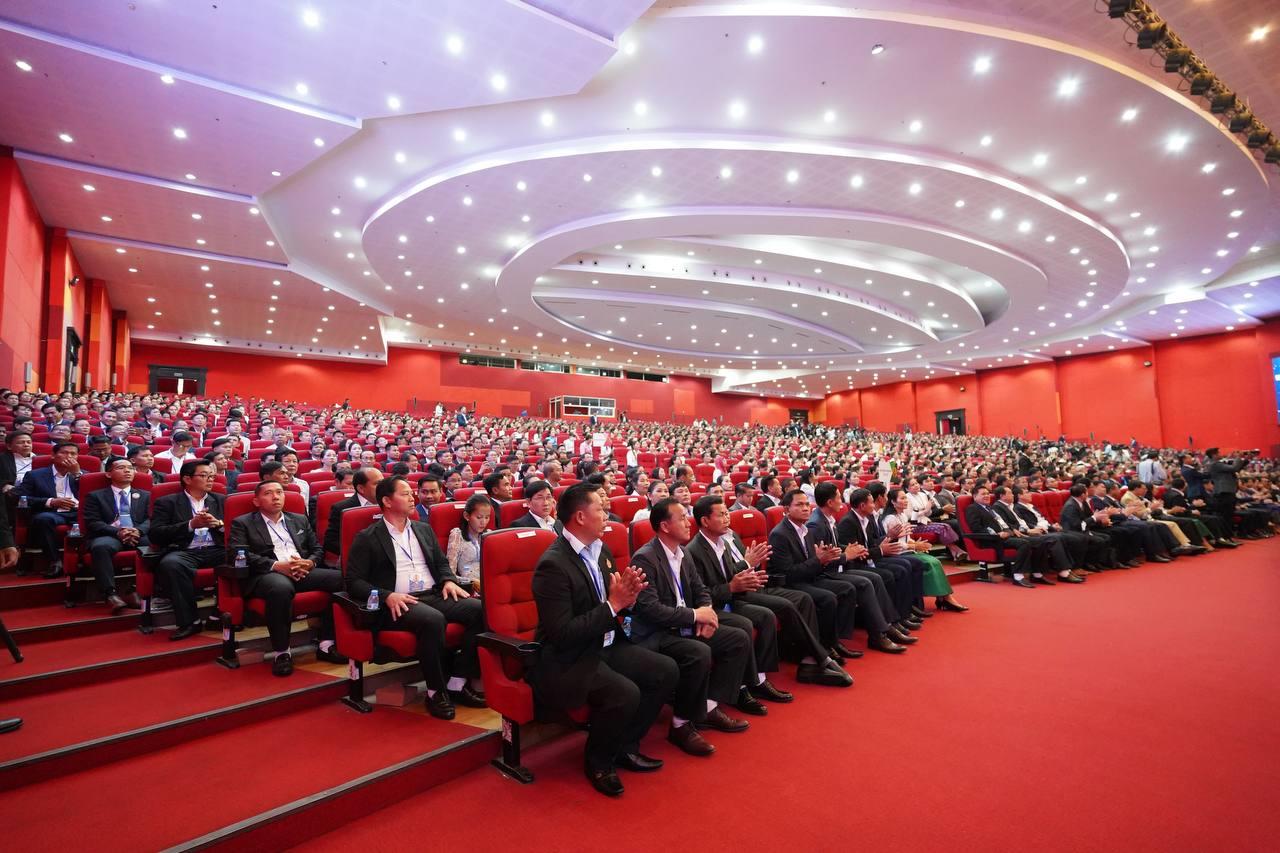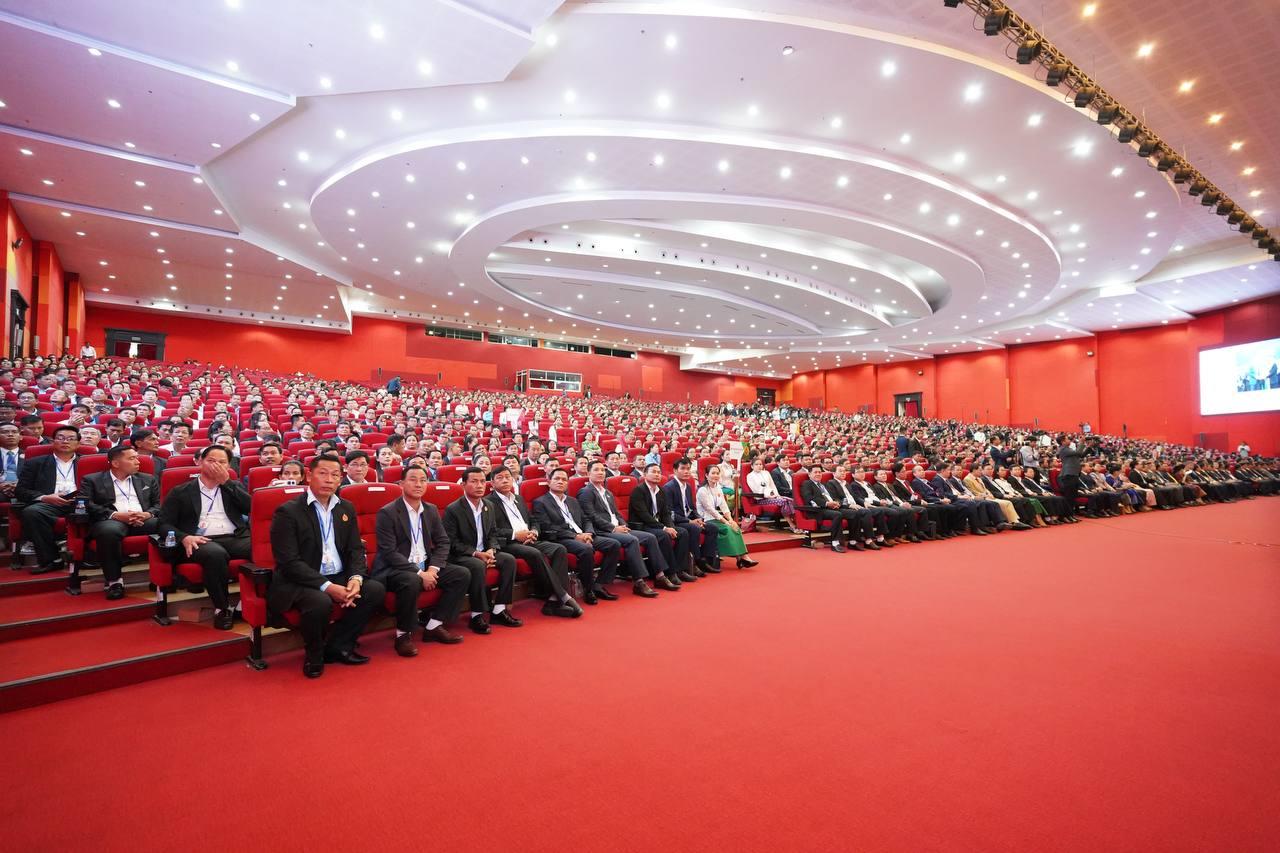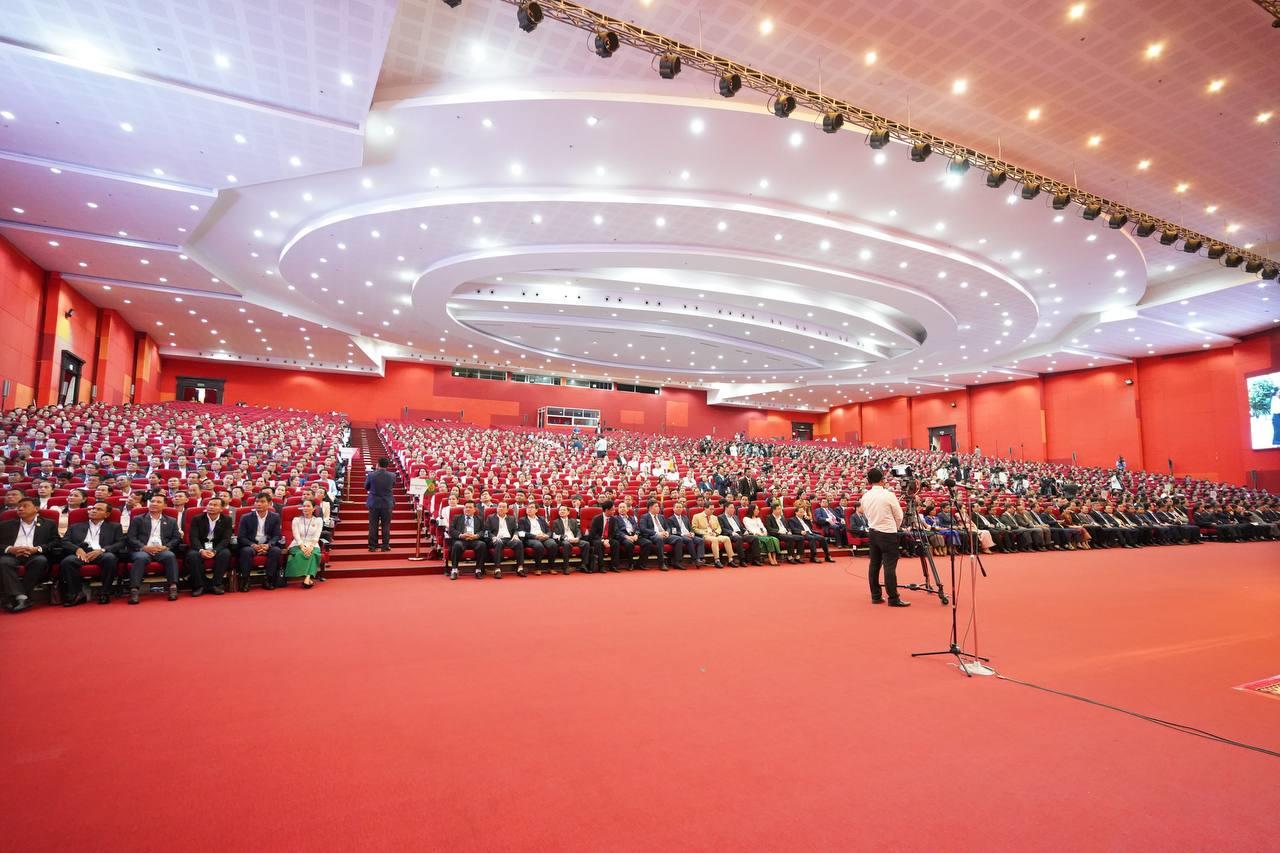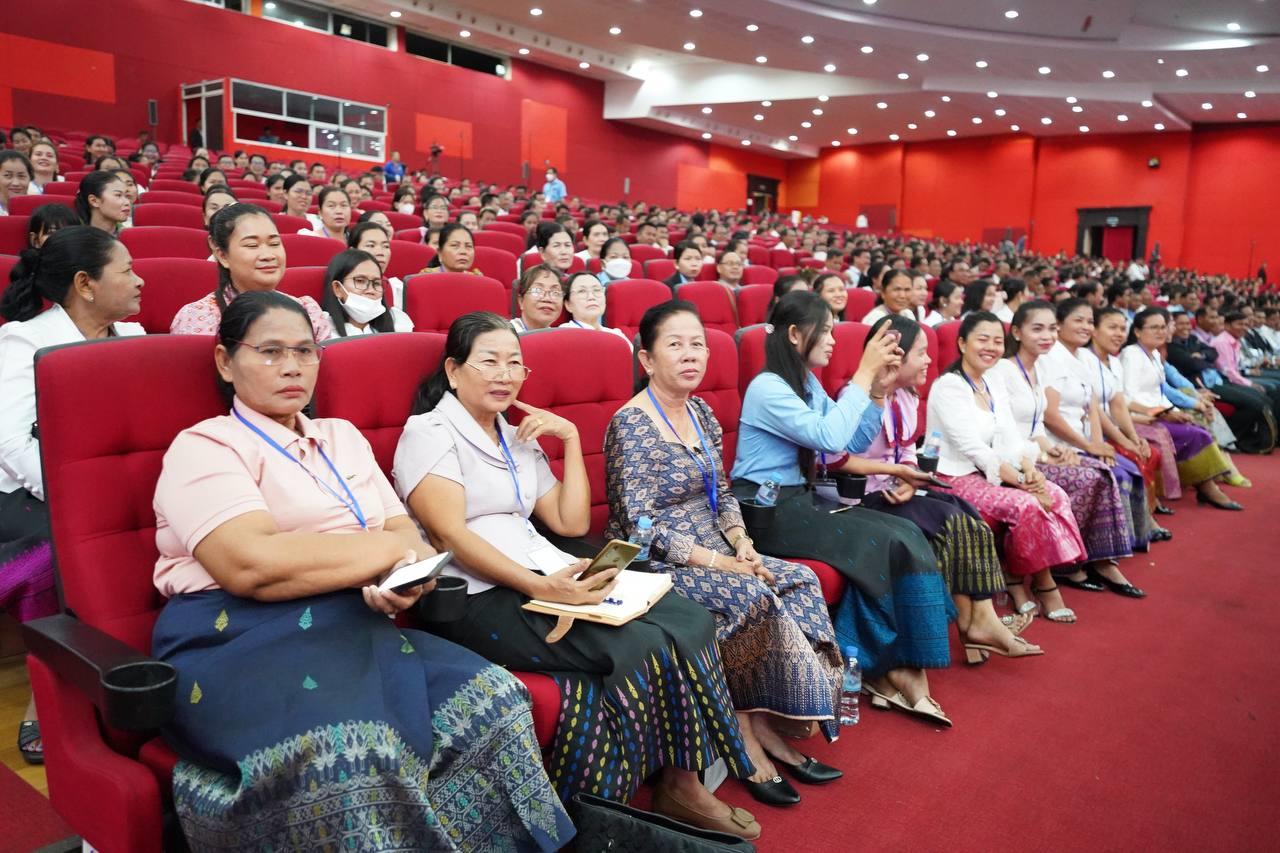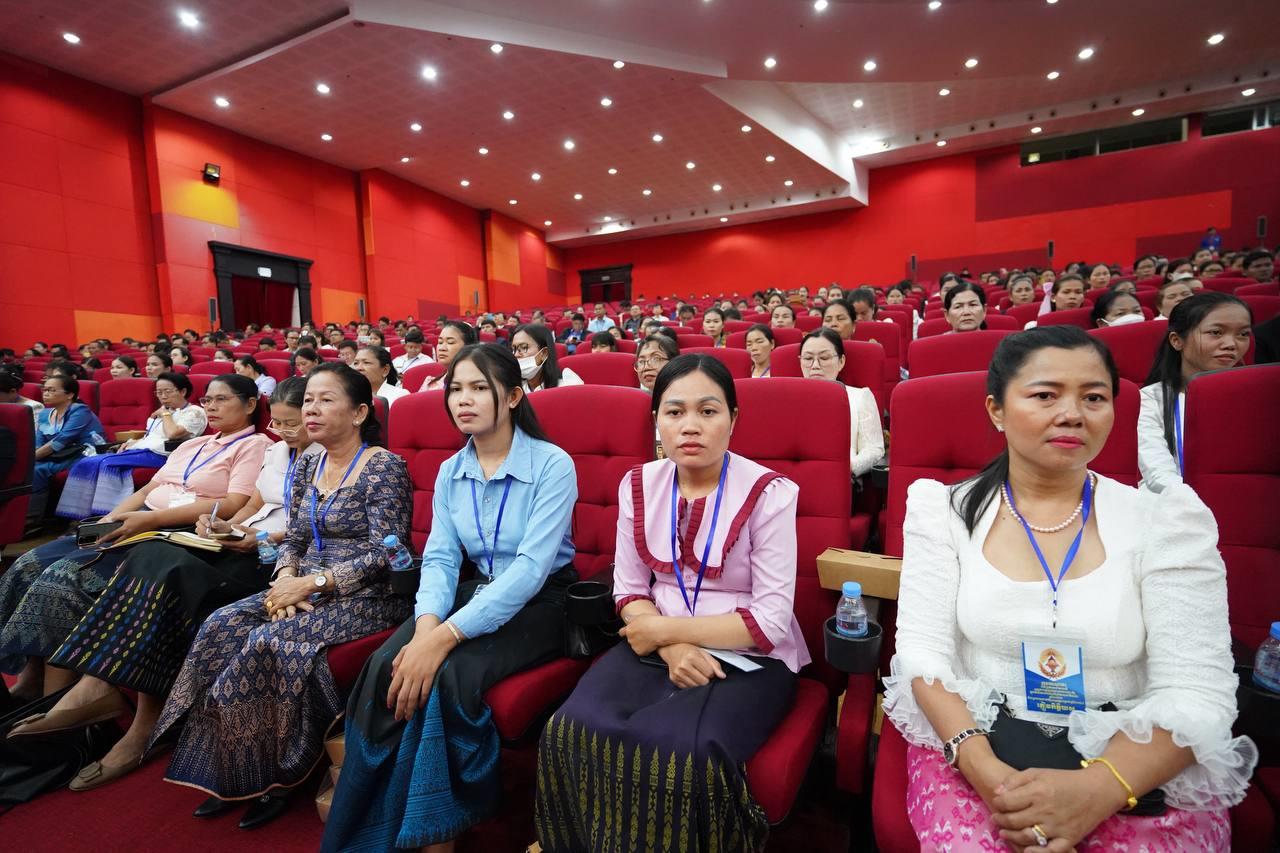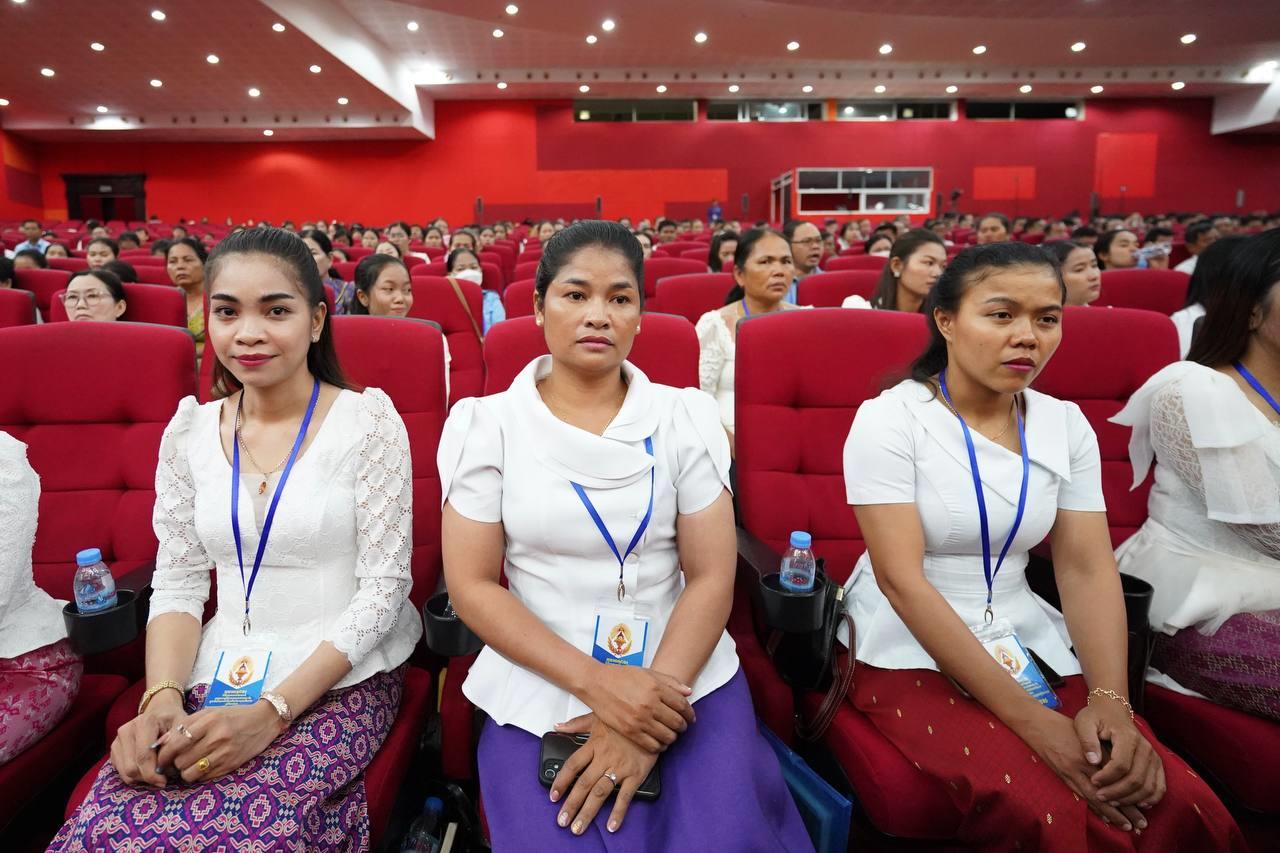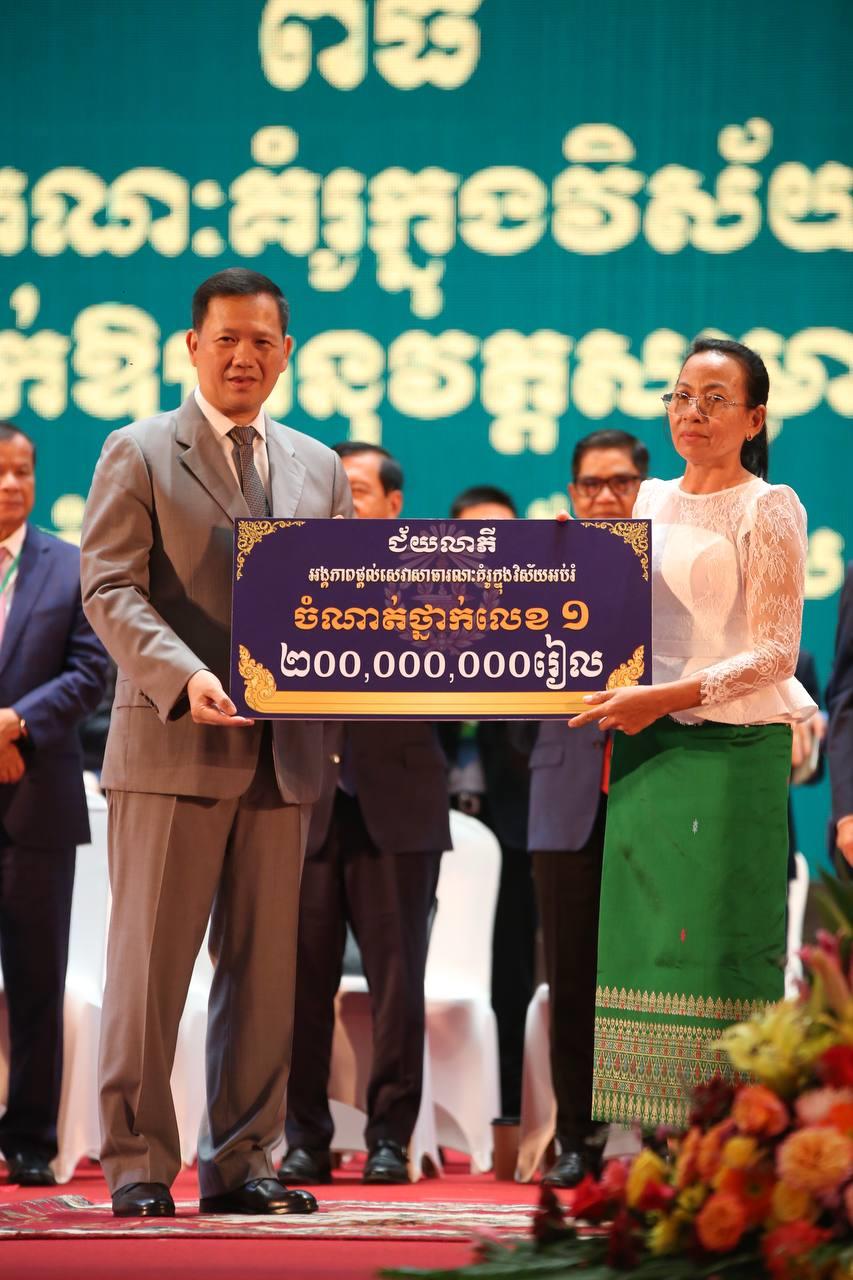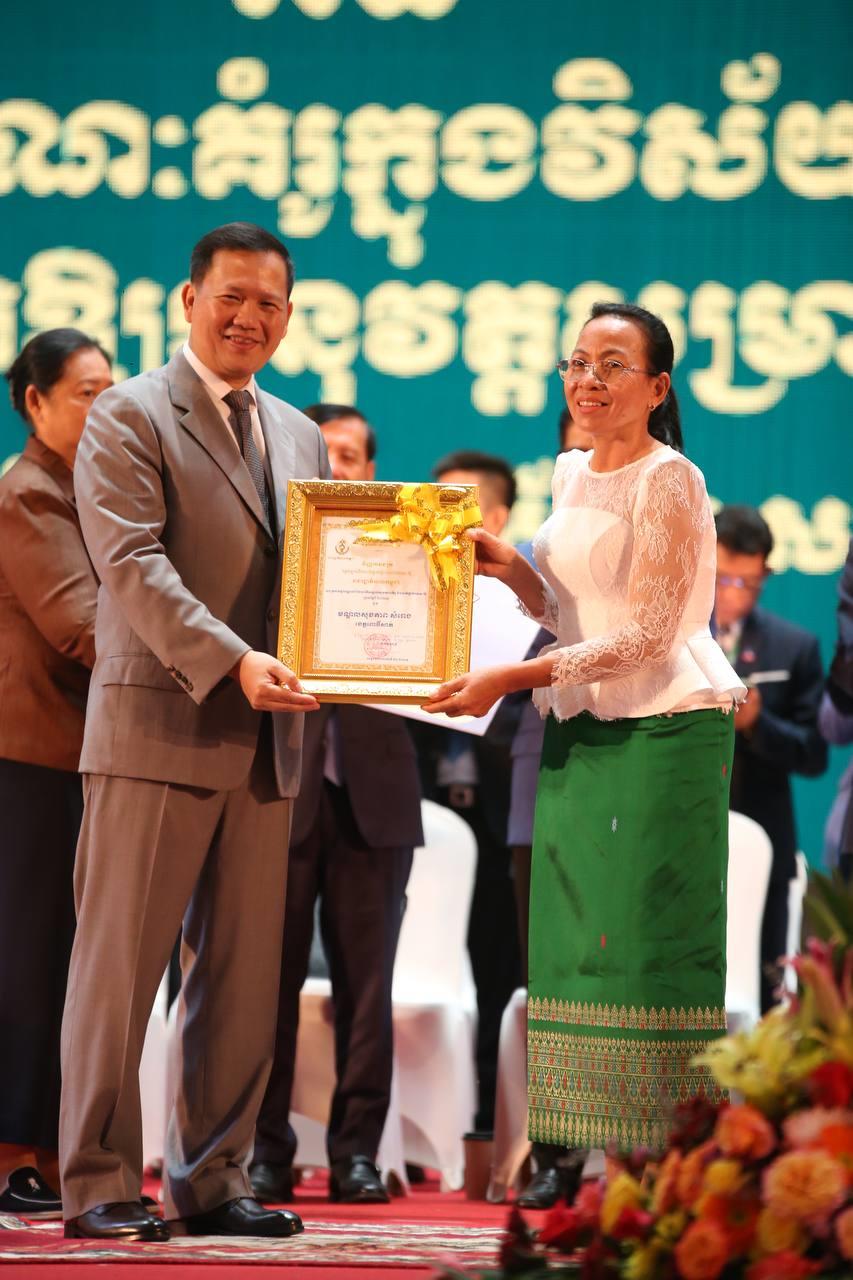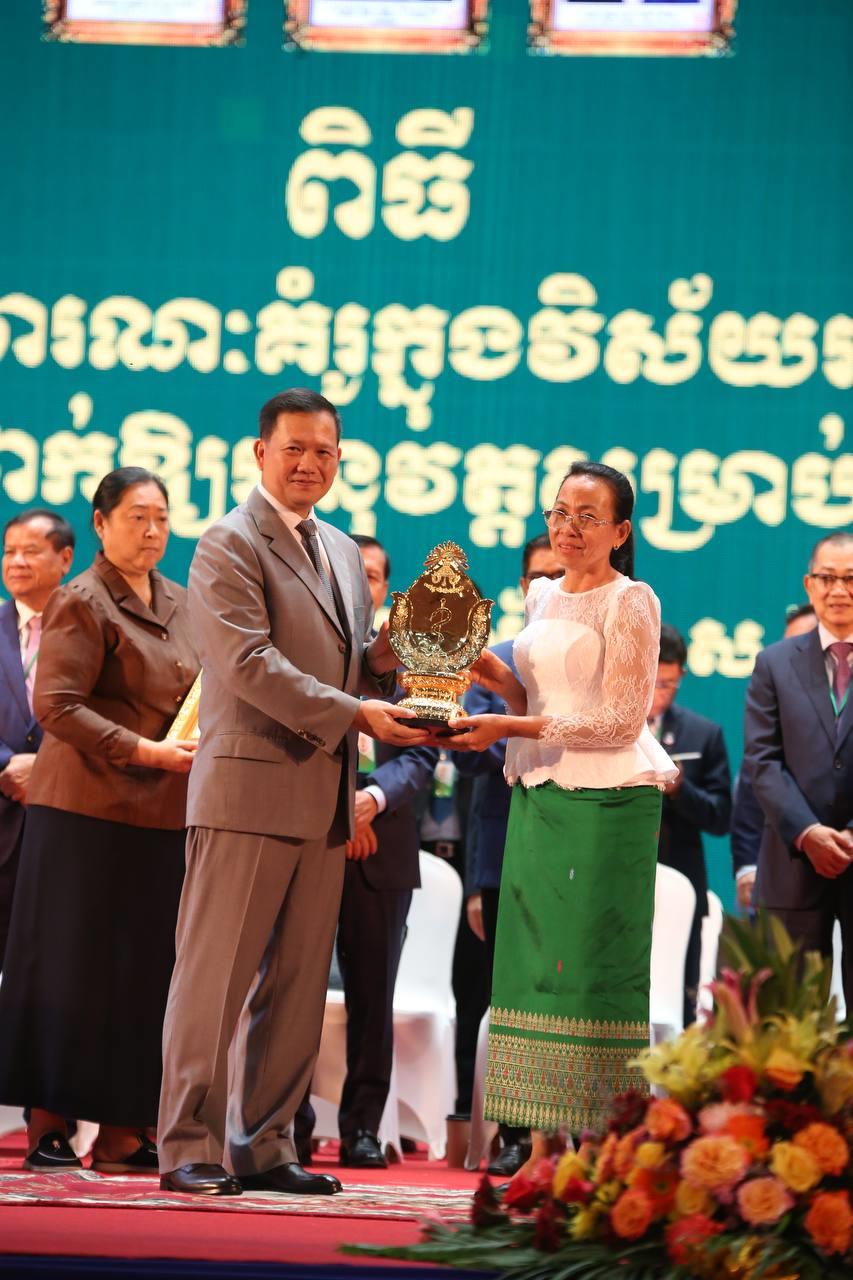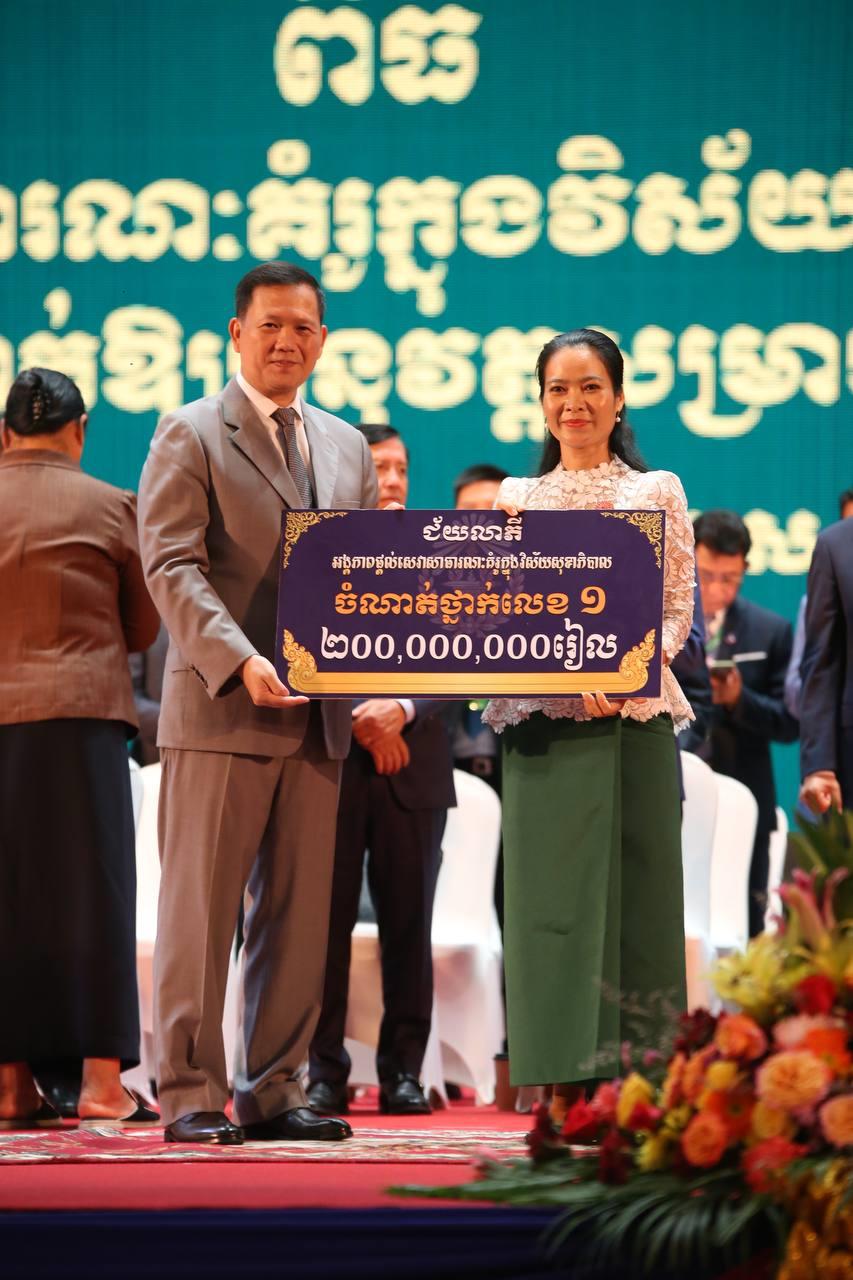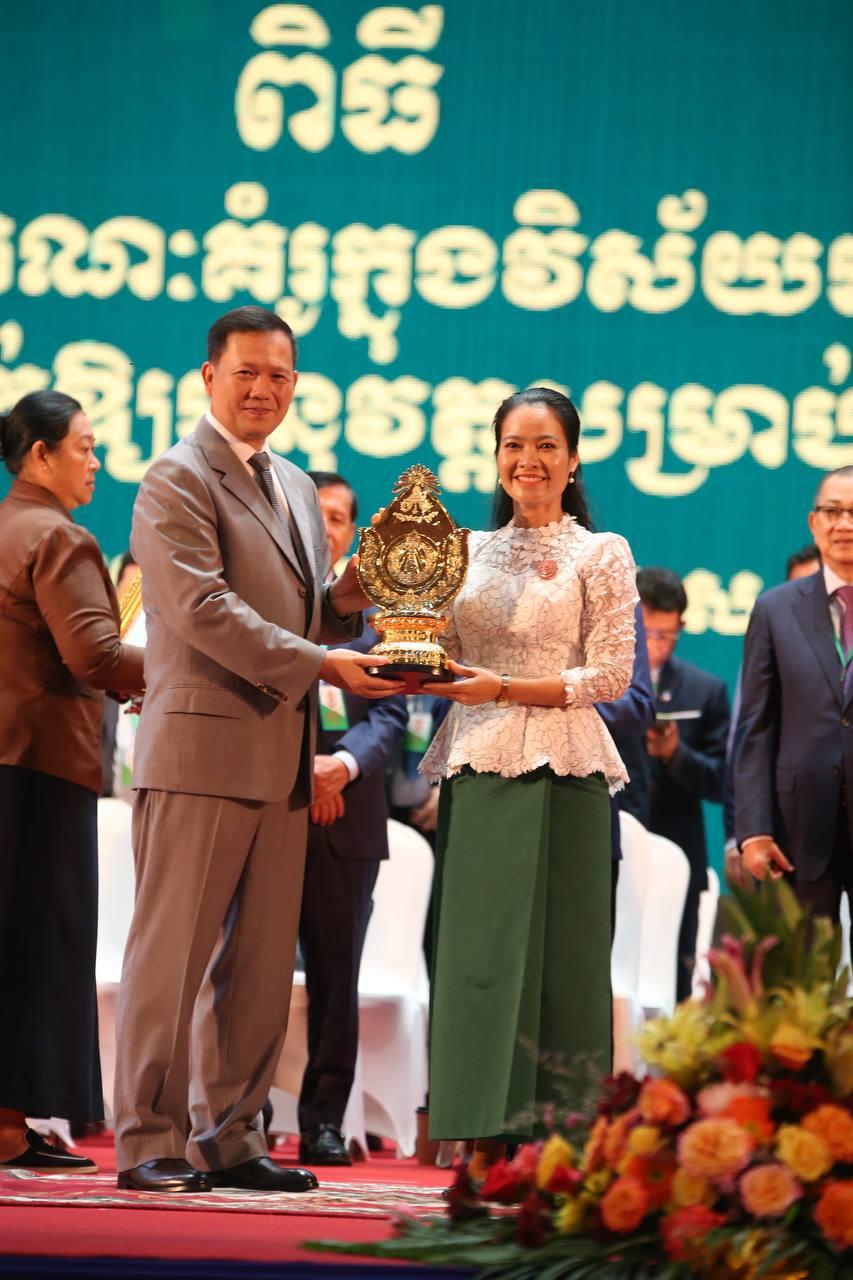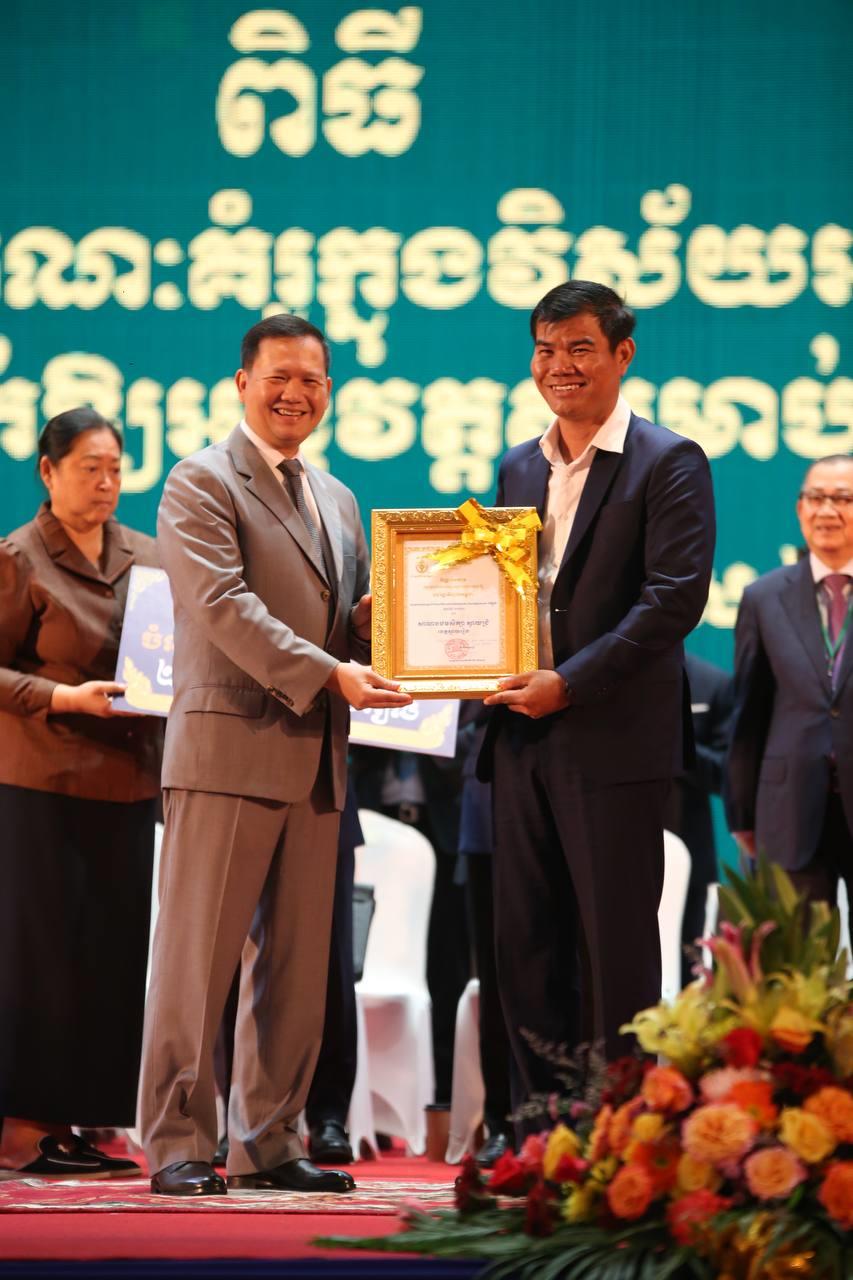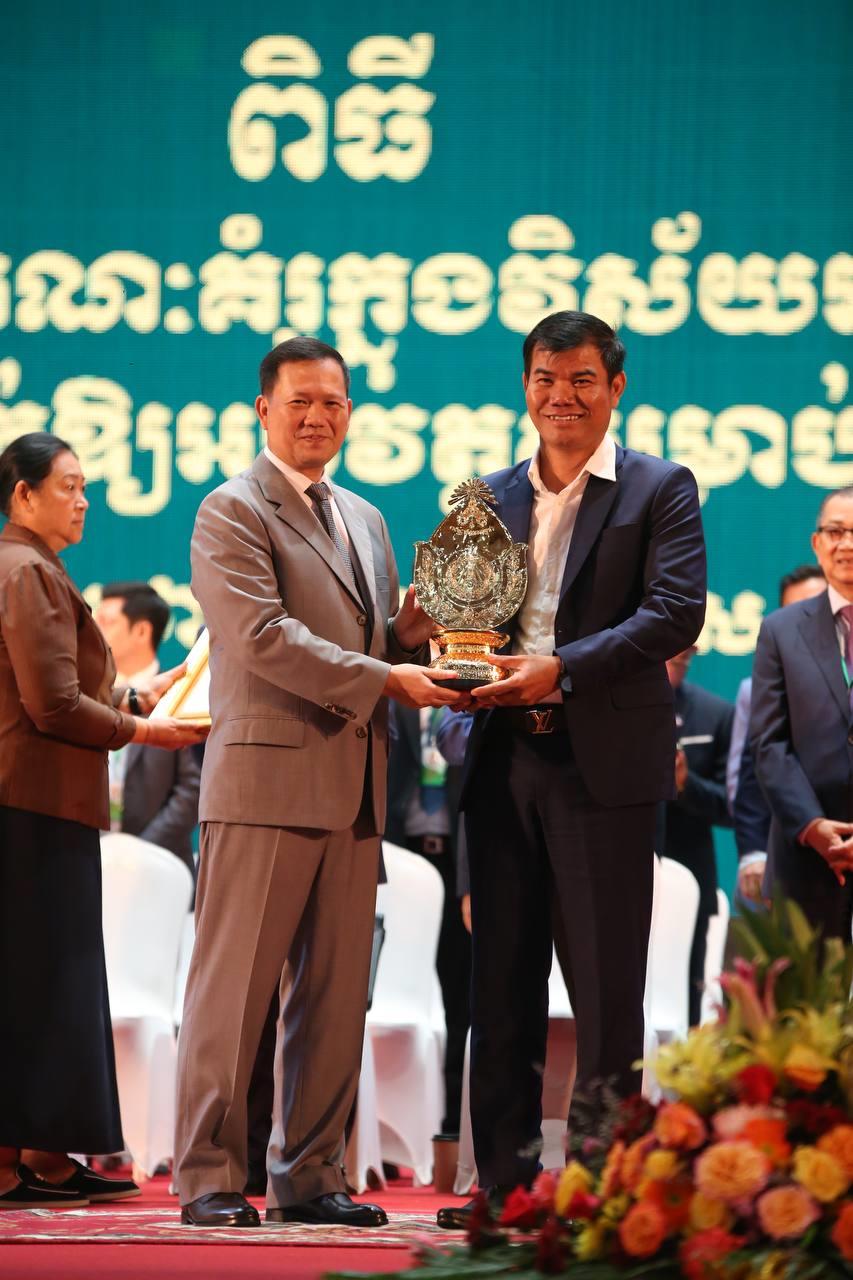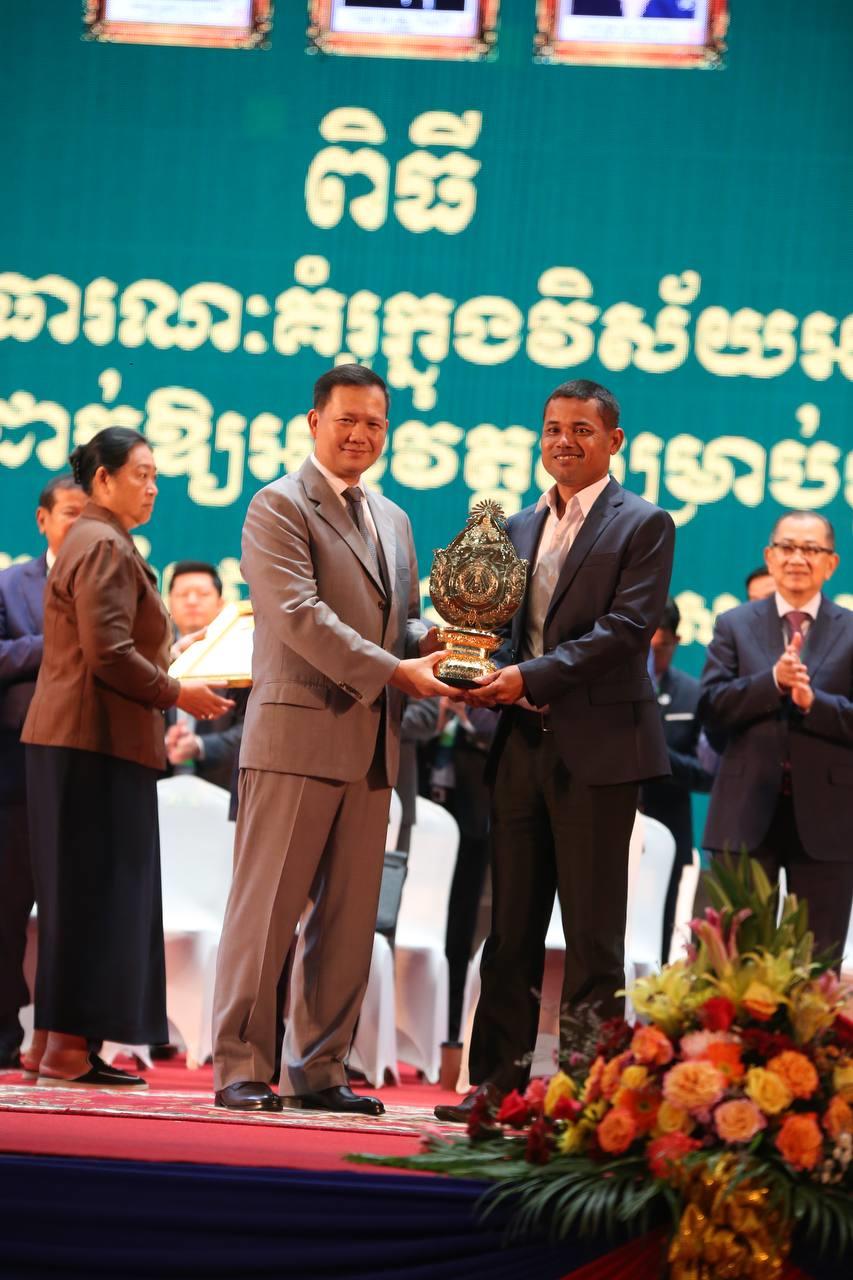Phnom Penh (FN), Feb. 22 – Cambodian Prime Minister Hun Manet presented five crucial recommendations to the National Public Service Evaluation Committee, along with ministries, institutions, and sub-national administrations, aiming to enhance work activities for greater efficiency.
The premier spoke on Thursday (Feb. 22) during a winning ceremony for public service providers in education and health, held at Diamond Island Convention and Exhibition Centre.
Samdech Thipdei underscored, on behalf of the Royal Government, the introduction to the National Public Service Evaluation Committee and various Ministries, Institutions, and Sub-National Administrations as follows:
1. The evaluation and recognition process for exemplary public service providers in the education and health sectors is directly linked to key measures in public administration reform, education, and health. The Ministry of Public Works, the National Public Service Evaluation Committee, the Ministry of Education, Youth and Sports, the Ministry of Health, and the Ministry of Economy and Finance must collaboratively review and develop interconnected action plans. These plans should not only serve evaluation purposes but also offer full support to all local educational and health institutions in providing appropriate and quality services to the people.
2. The evaluation committee of the National Public Service Evaluation Committee and relevant ministries should continually enhance their understanding and embrace the eight basic criteria, sub-criteria, and detailed criteria. These criteria serve as the foundation for evaluations, effectively identifying strengths and weaknesses in kindergartens, primary schools, secondary schools, high schools, health centers, and referral hospitals at various levels. They should be used as the basis for implementing appropriate measures.
3. The National Public Service Evaluation Committee should explore the possibility of expanding the implementation scope of the National Public Service Evaluation Committee to other units or institutions at both national and sub-national levels. This expansion aims to reinforce the Public Service Provider Competition movement and the Model of Public Service Providers.
4. The National Public Service Evaluation Committee is tasked with promoting public service competition comprehensively to all schools, health centers, and local hospitals. This involves preparing case studies and compiling successful experiences from winning schools, hospitals, and exemplary public service units. Additionally, organizing study tours and sharing experiences at both national and international levels is encouraged.
5. All ministries, institutions, and sub-national administrations must persist in promoting, strengthening, and instigating a positive change in the attitude of civil servants delivering public services. This includes fostering a high sense of responsibility, willingness, loyalty, professional conscience, and a culture of public service. There should also be a review of structures, functions, roles, and responsibilities, with a specific focus on policies, procedures, and legal documents related to providing public services. These reviews aim to enhance management, improve service quality, and increase efficiency transparently, accountably, and with integrity.
=FRESH NEWS
